Relationships Education (RSE)
Today’s children and young people are growing up in an increasingly complex world and living their lives seamlessly on and offline. This presents many positive and exciting opportunities, but also challenges and risks. In this environment, children and young people need to know how to be safe and healthy, and how to manage their academic, personal and social lives in a positive way.
For these reasons Relationships Education has been made compulsory in all primary schools in England and Relationships and Sex Education compulsory in all secondary schools,
Parents and carers are the prime educators for children on these matters. Our work is to complement and reinforce this role, building on what pupils learn at home.
In primary schools, we want the subjects to put in place the key building blocks of healthy, respectful relationships, focusing on family and friendships, in all contexts, including online. This will sit alongside the essential understanding of how to be healthy. At secondary, teaching will build on the knowledge acquired at primary and develop further pupils’ understanding of health, with an increased focus on risk areas such as drugs and alcohol, as well as introducing knowledge about intimate relationships and sex.
The Relationships Education, RSE, and Health Education (England) Regulations 2019 made Relationships Education compulsory for all pupils receiving primary education and Relationships and Sex Education (RSE) compulsory for all pupils receiving secondary education.
What is required?
Policy
We created, consulted on, adapted and implemented for 2021. It is on this website, and thank you to any parents who contributed to that consultation
Parents have the right to request that their child be withdrawn from some or all of sex education delivered as part of statutory RSE. If you make that request, Mr O'Rourke will discuss it with you to ensure that your wishes are understood and to clarify the nature and purpose of the curriculum.
However, Head teachers will automatically grant a request to withdraw a pupil from any sex education delivered in primary schools, unless it forms part of the science curriculum.
The Relationships Education, RSE, and Health Education (England) Regulations 2019 have made Relationships Education compulsory in all primary schools. Sex education is not compulsory in primary schools.
Departmental guidance covers everything that primary schools should teach about relationships and health, including puberty. The national curriculum for science also includes subject content in related areas, such as the main external body parts, the human body as it grows from birth to old age (including puberty) and reproduction in some plants and animals.
Primary schools to determine whether they need to cover any additional content on sex education to meet the needs of their pupils. Many primary schools already choose to teach some aspects of sex education and will continue to do so, although it is not a requirement.
The Department continues to recommend therefore that all primary schools should have a sex education programme tailored to the age and the physical and emotional maturity of the pupils. It should ensure that both boys and girls are prepared for the changes that adolescence brings and – drawing on knowledge of the human life cycle set out in the national curriculum for science - how a baby is conceived and born.
We have ensured that our teaching and materials are appropriate having regard to the age and religious backgrounds of our pupils, by adopting the Ten:Ten 'Life to the Full' resource.It is a programme in which core knowledge is broken down into units of manageable size and communicated clearly to pupils, in a carefully sequenced way, within a planned programme of lessons.
As schools with a religious character may teach the distinctive faith perspective on relationships, Ten:Ten fulfils this and is recommended by both the Diocese of Westminster and the Catholic Education Service.
For the RSE Policy, please see our Policies page.
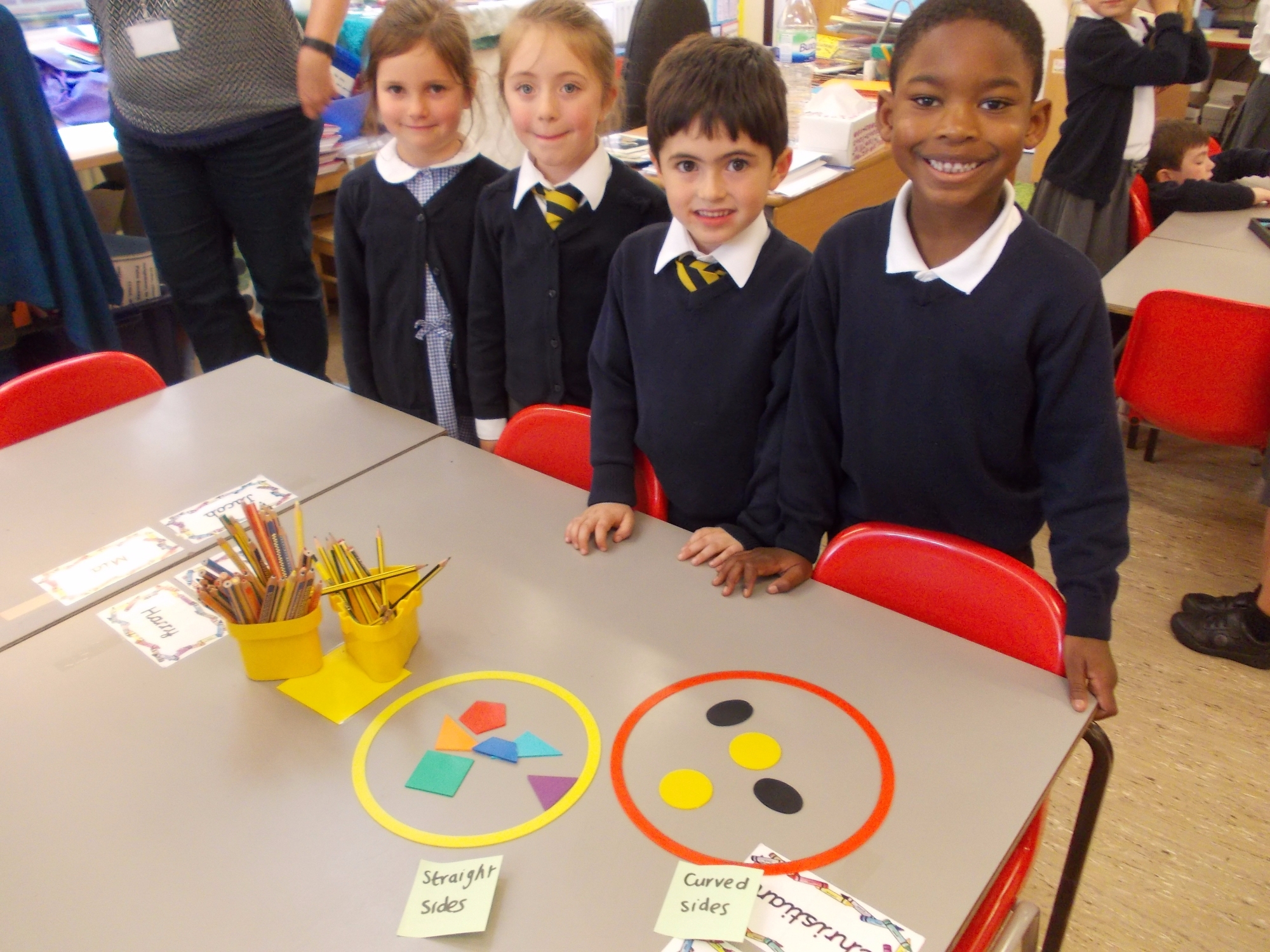
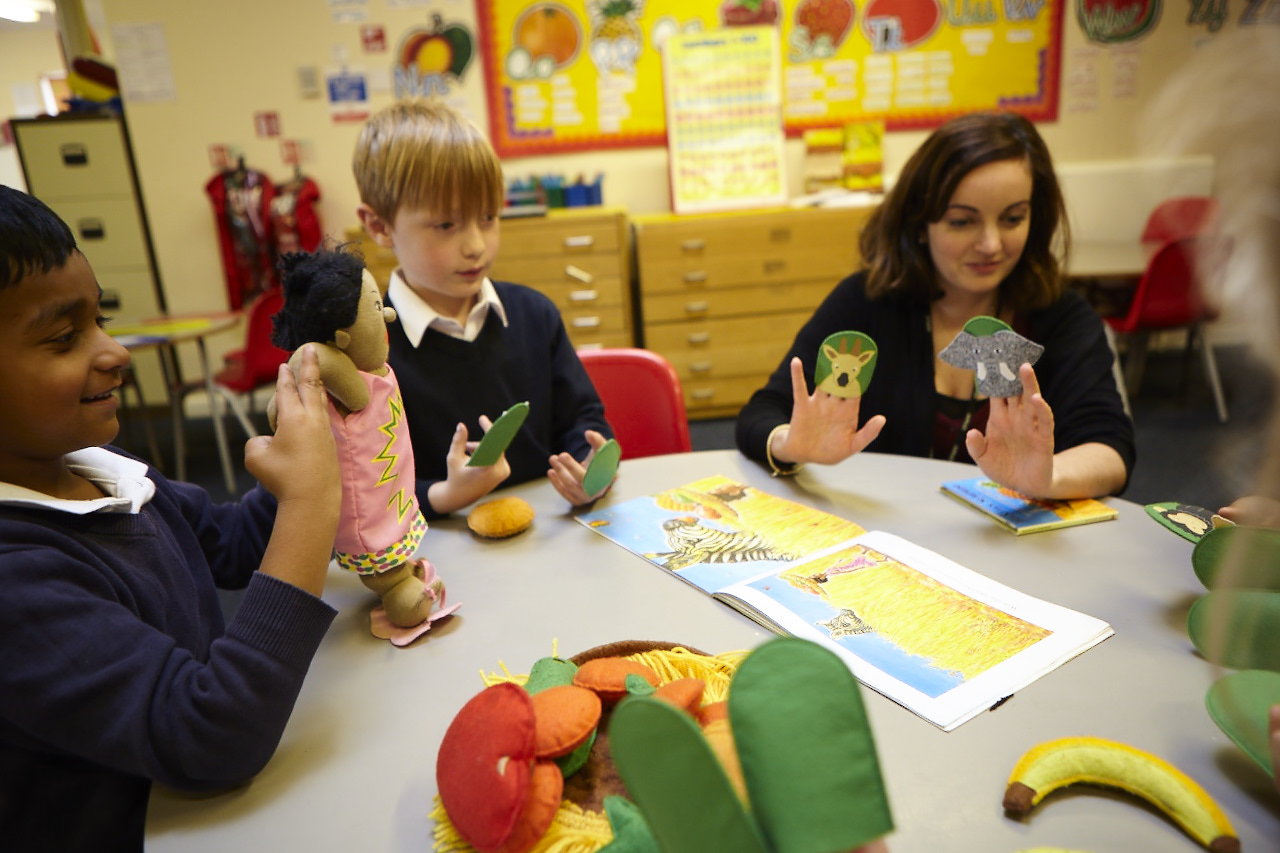
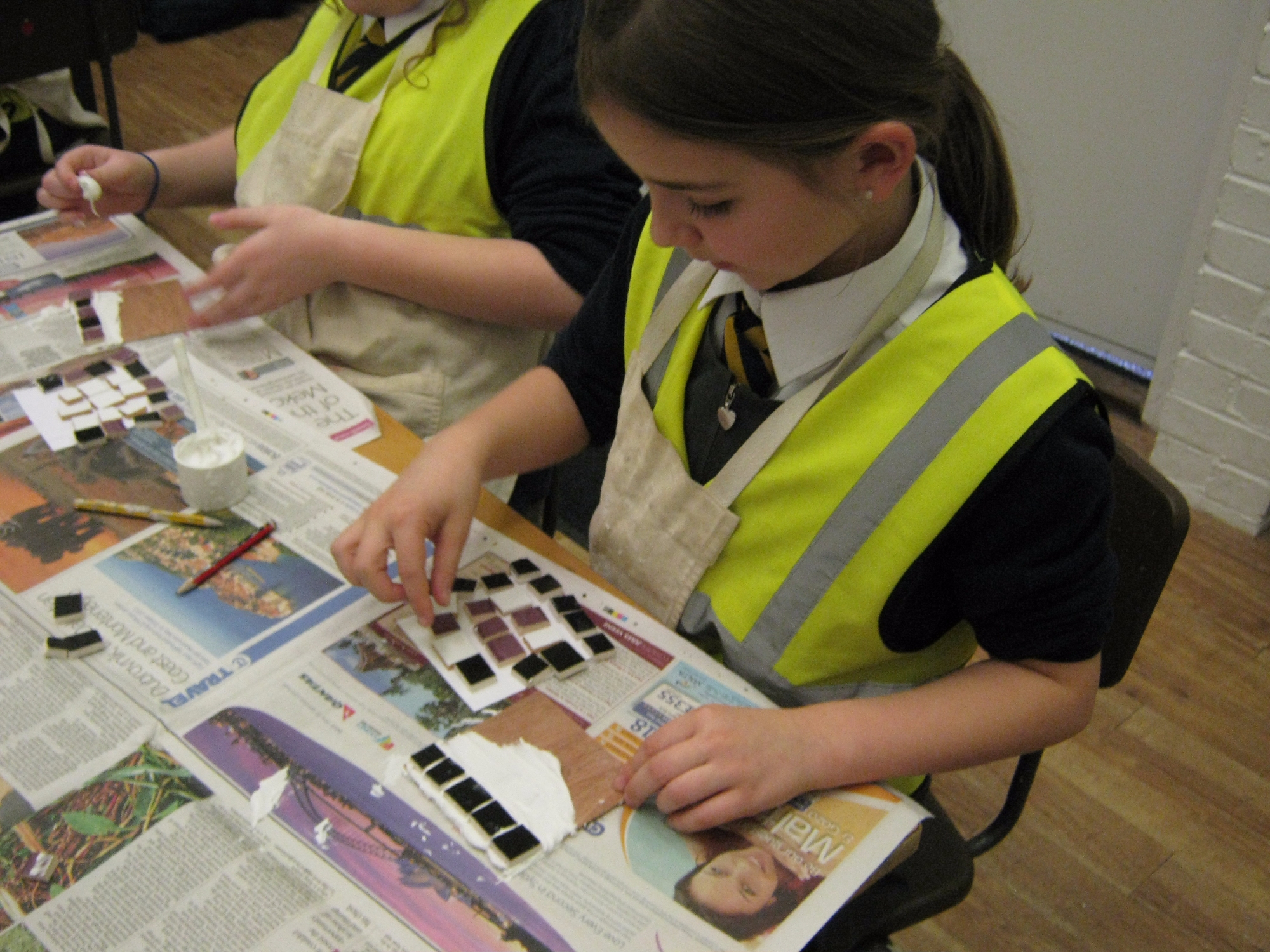
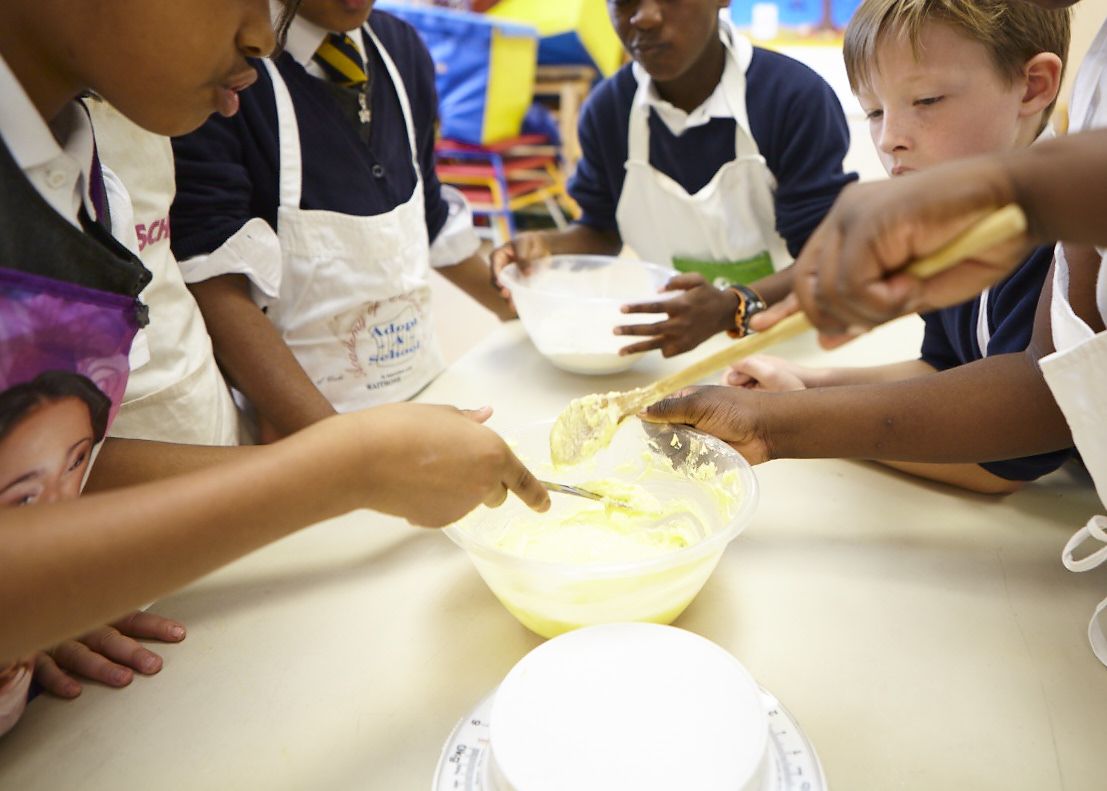
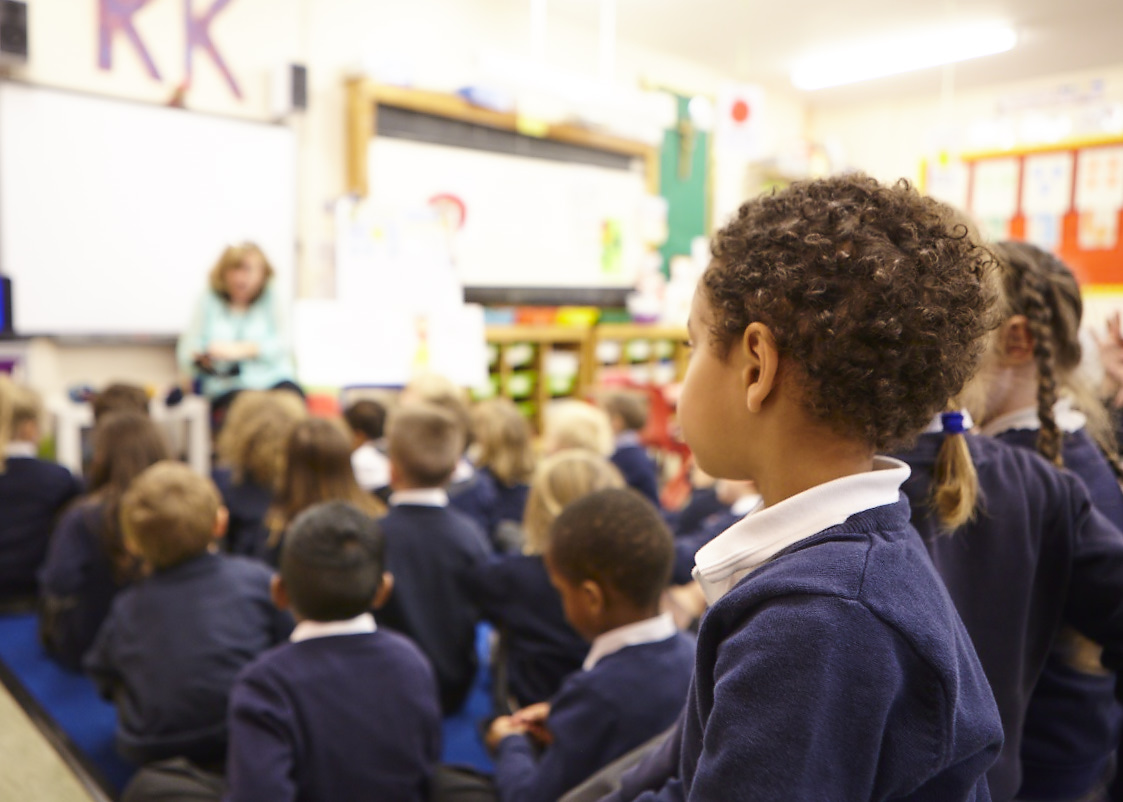
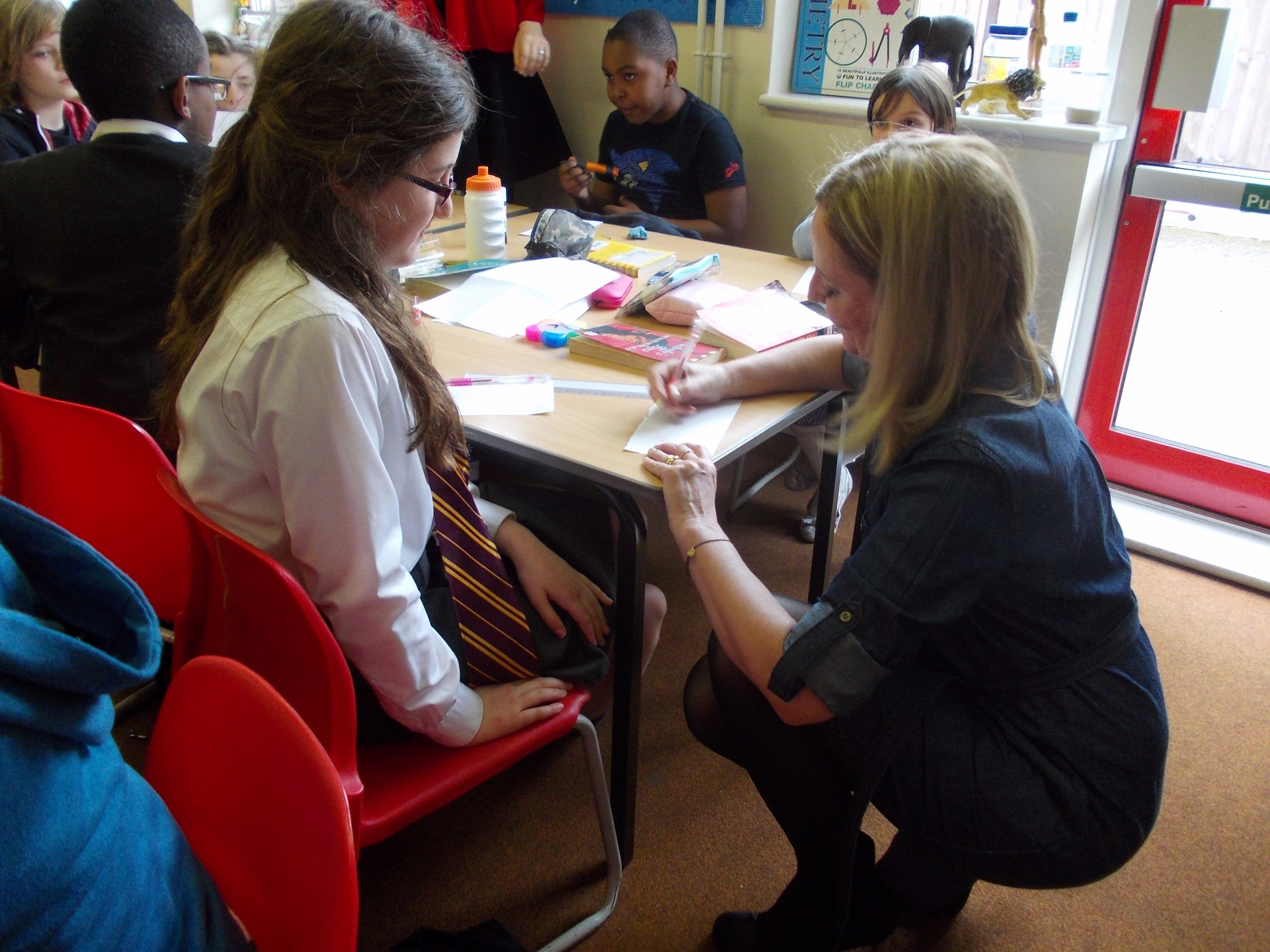

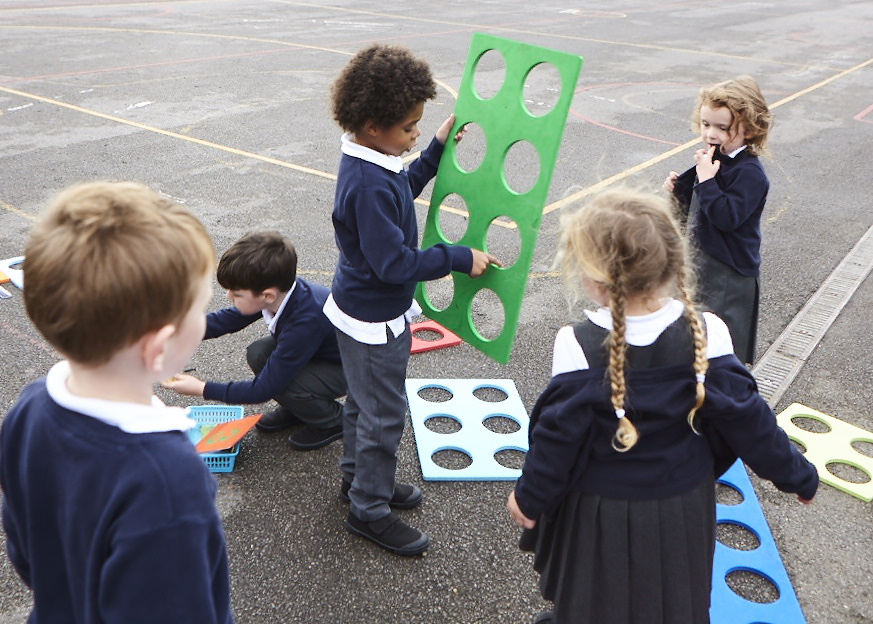
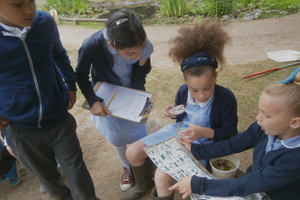
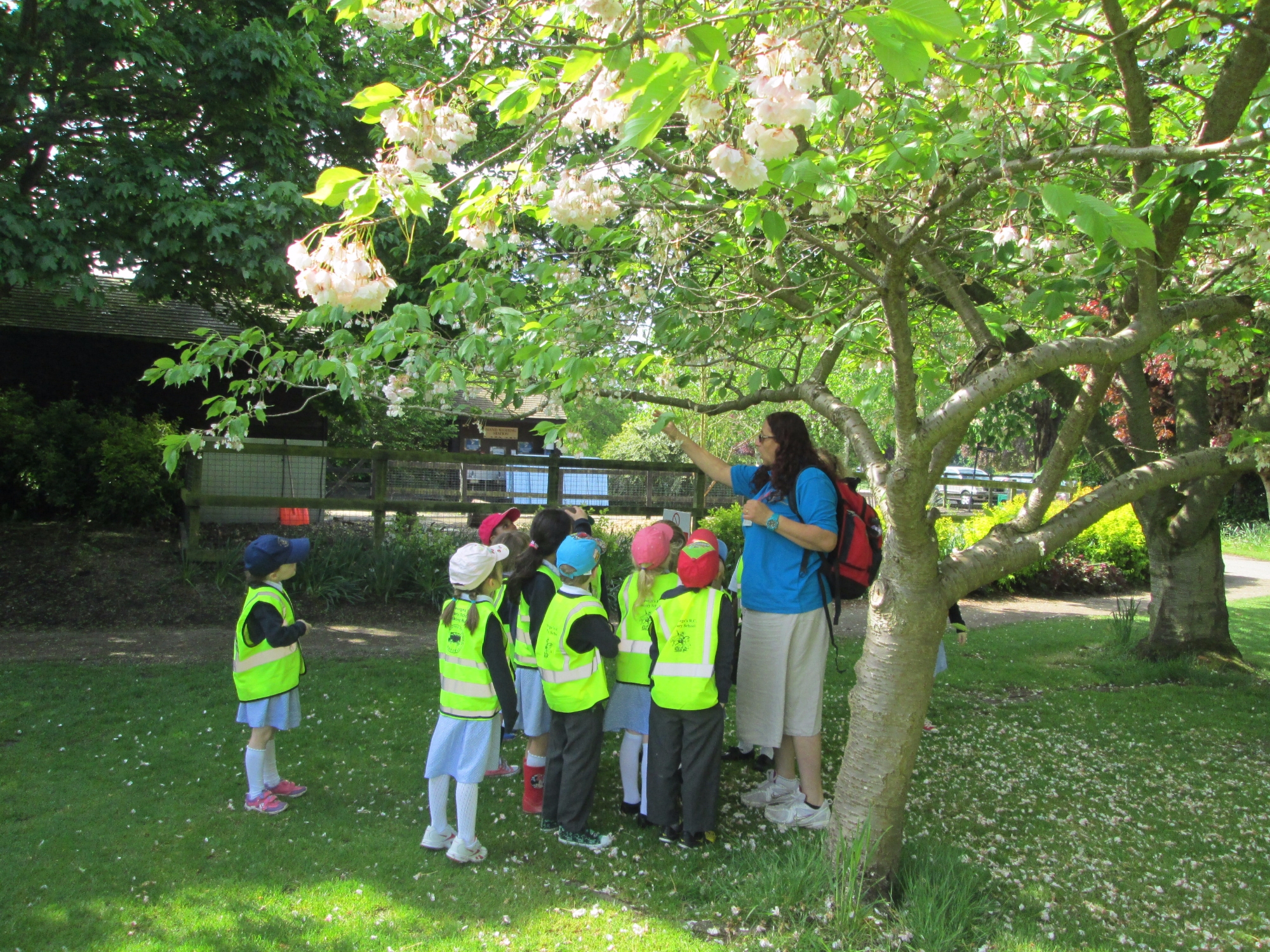
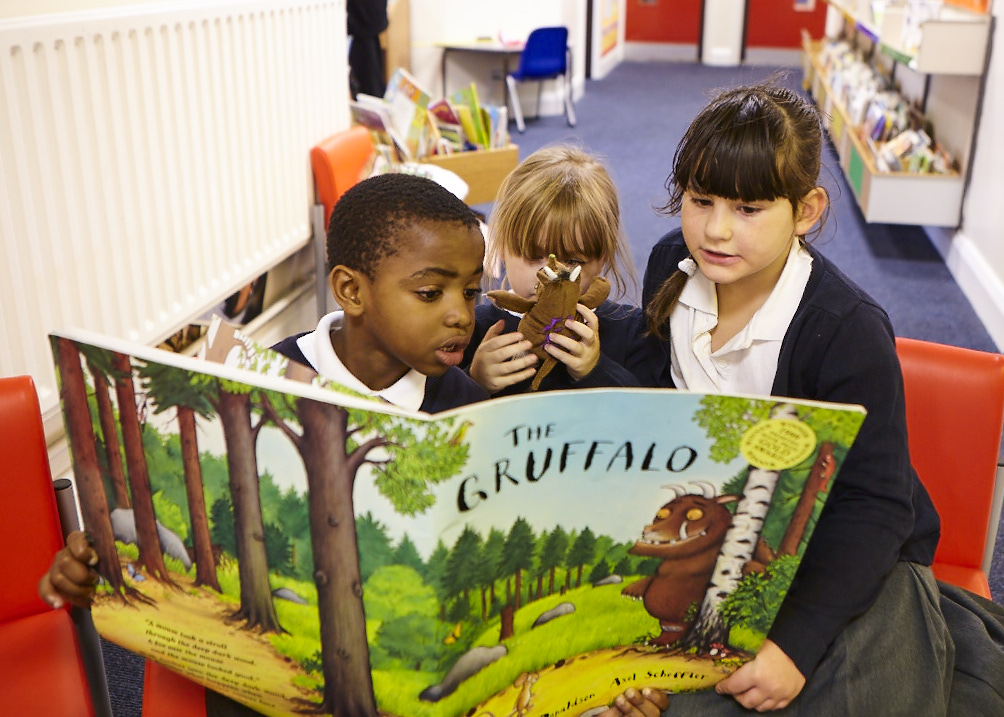

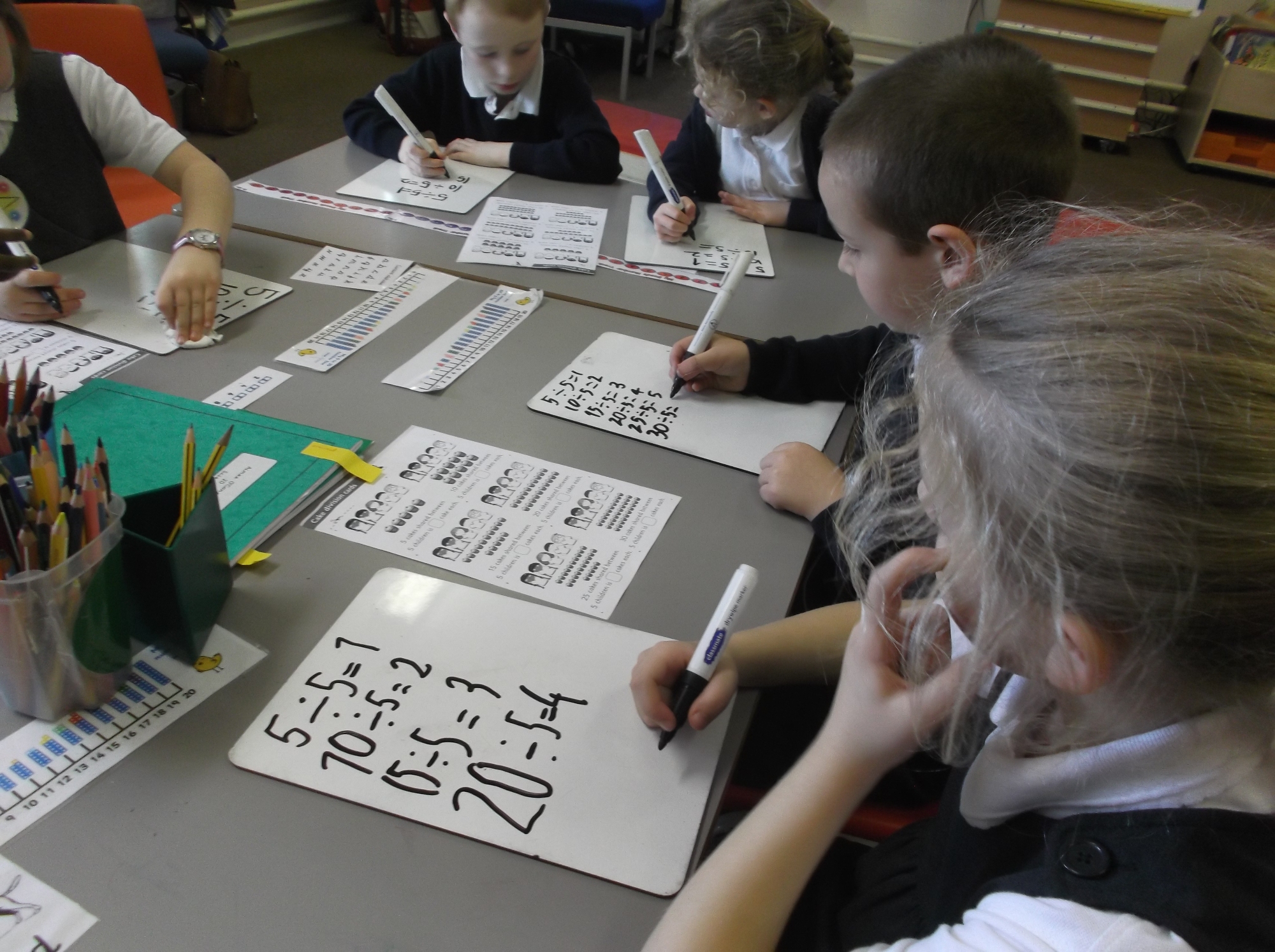
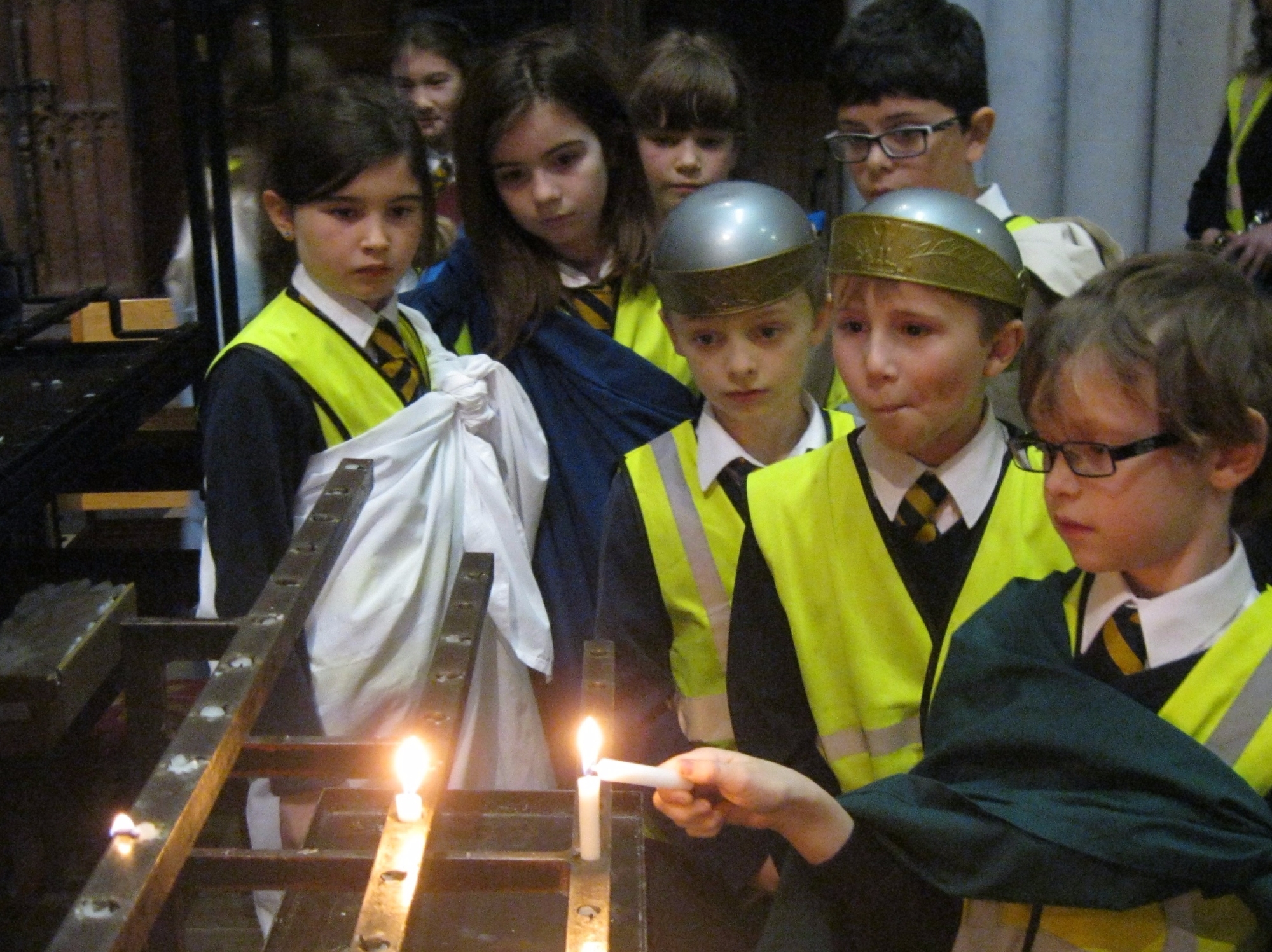
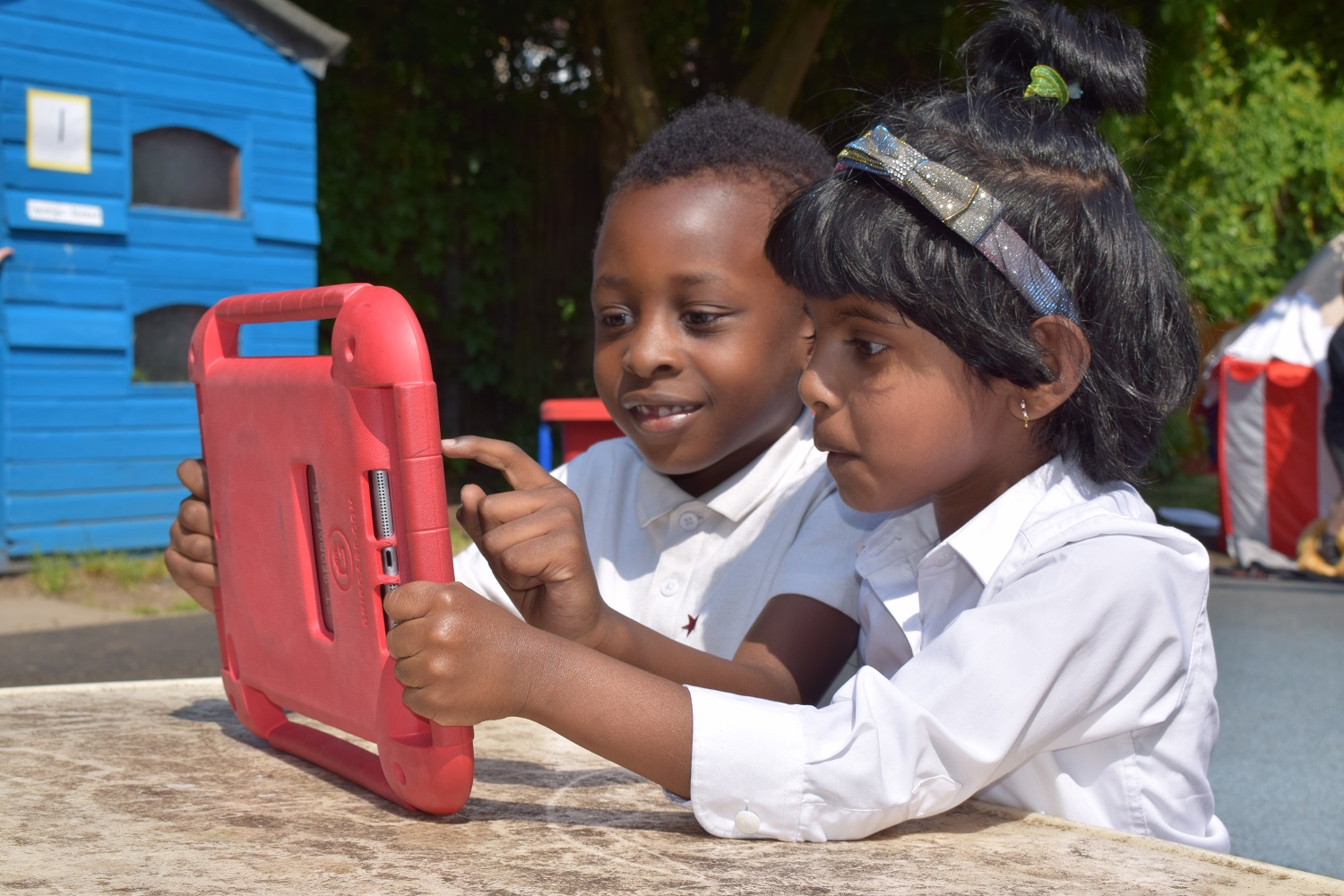
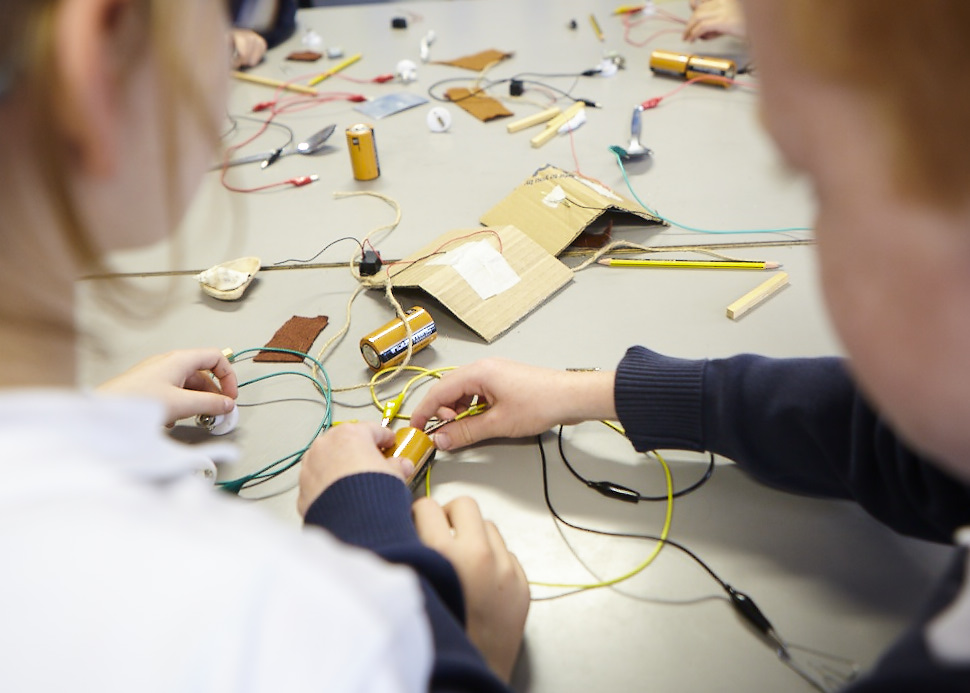
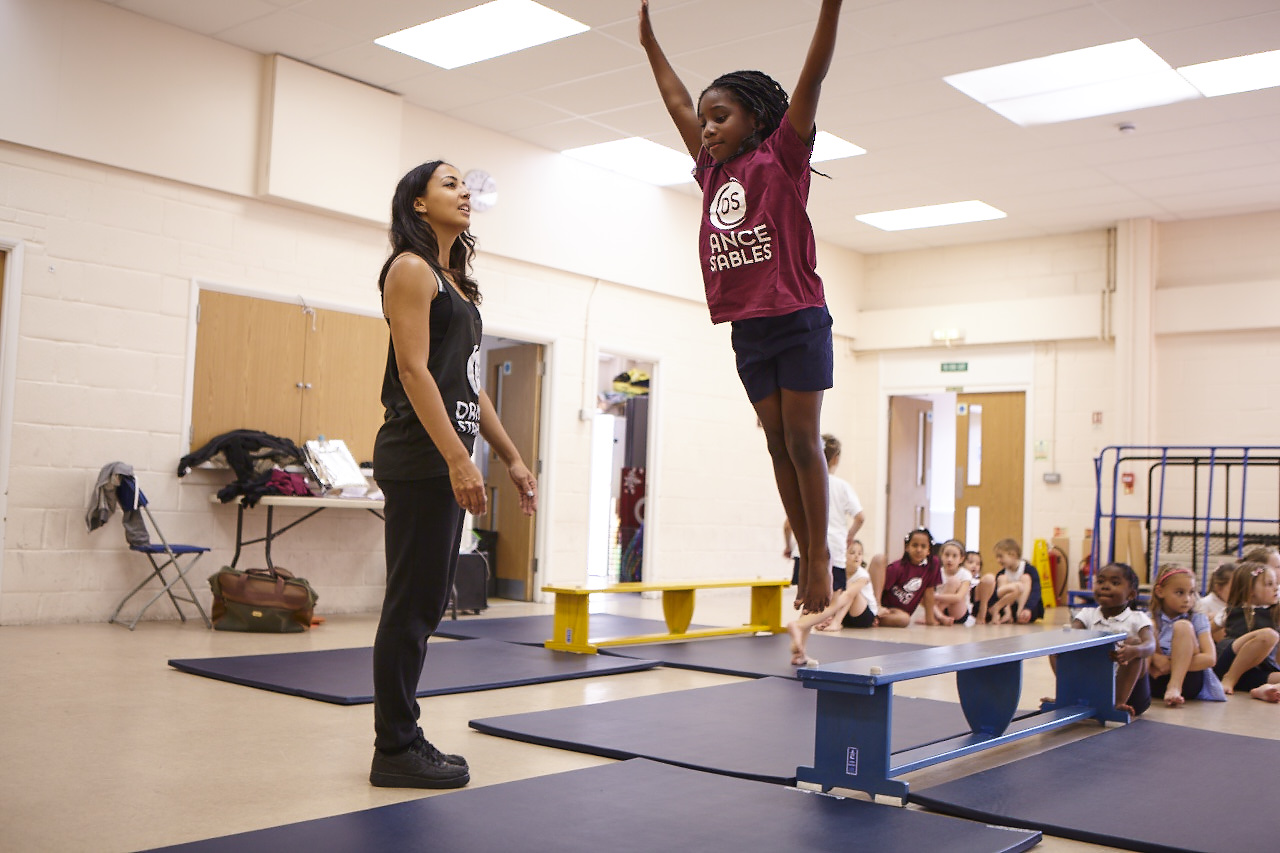
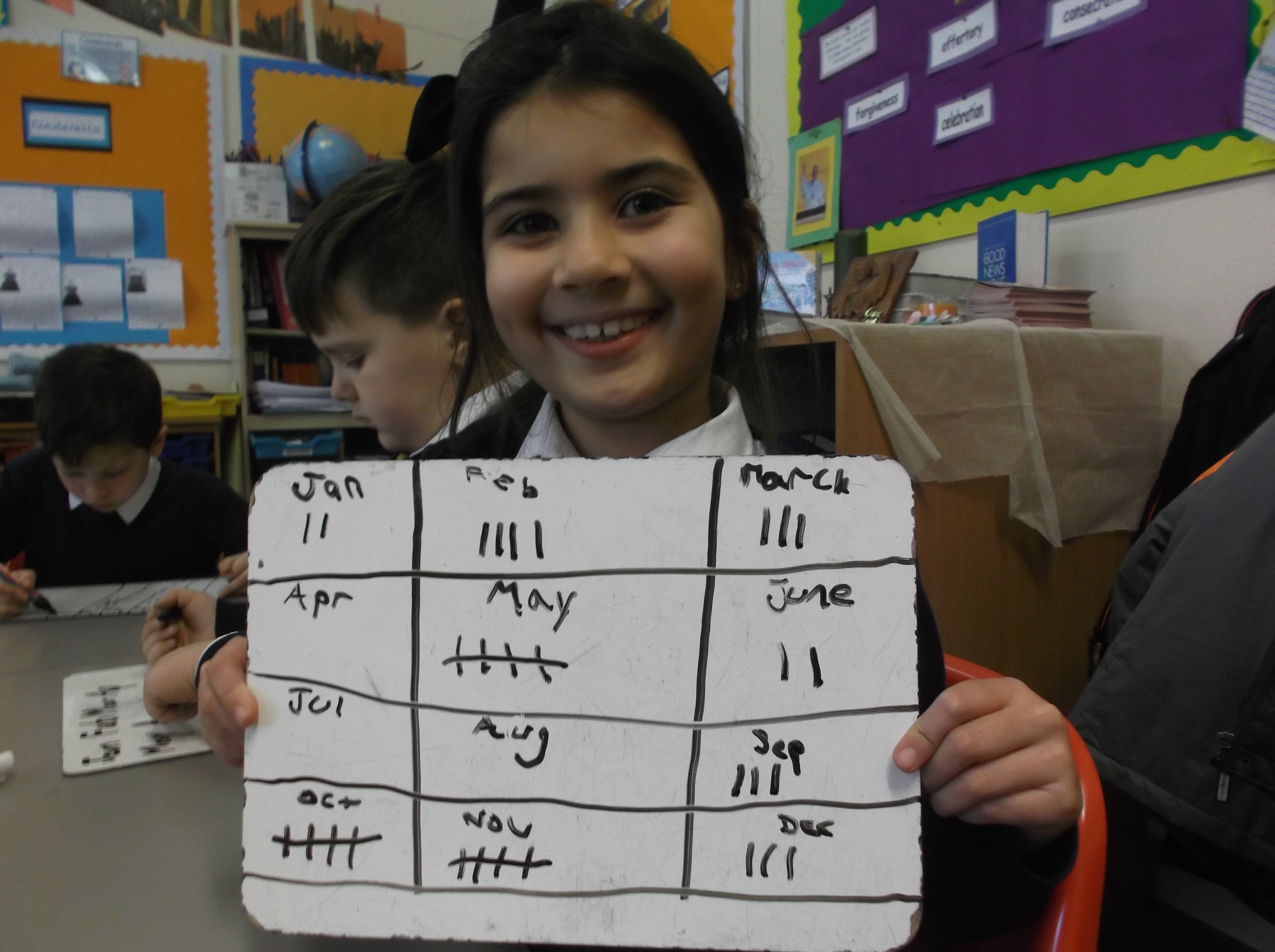
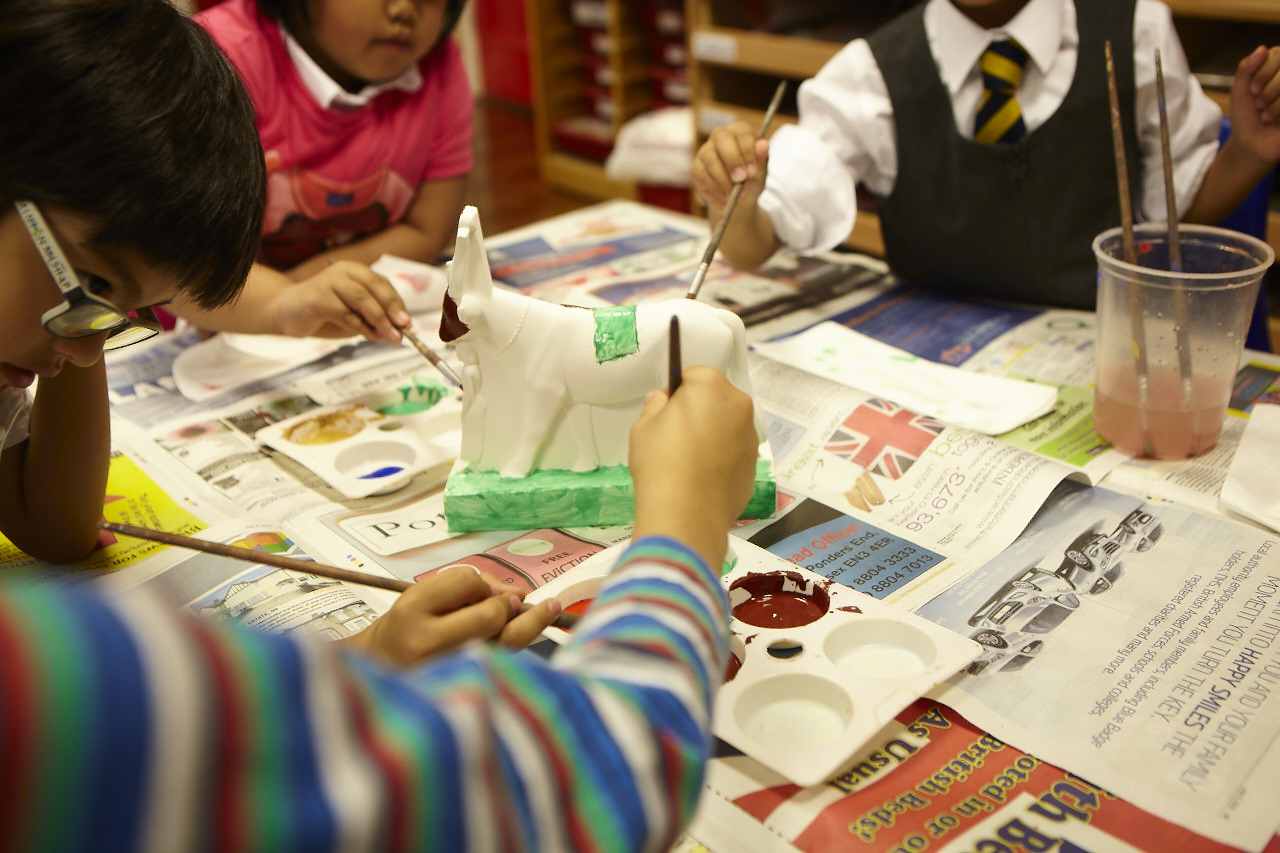
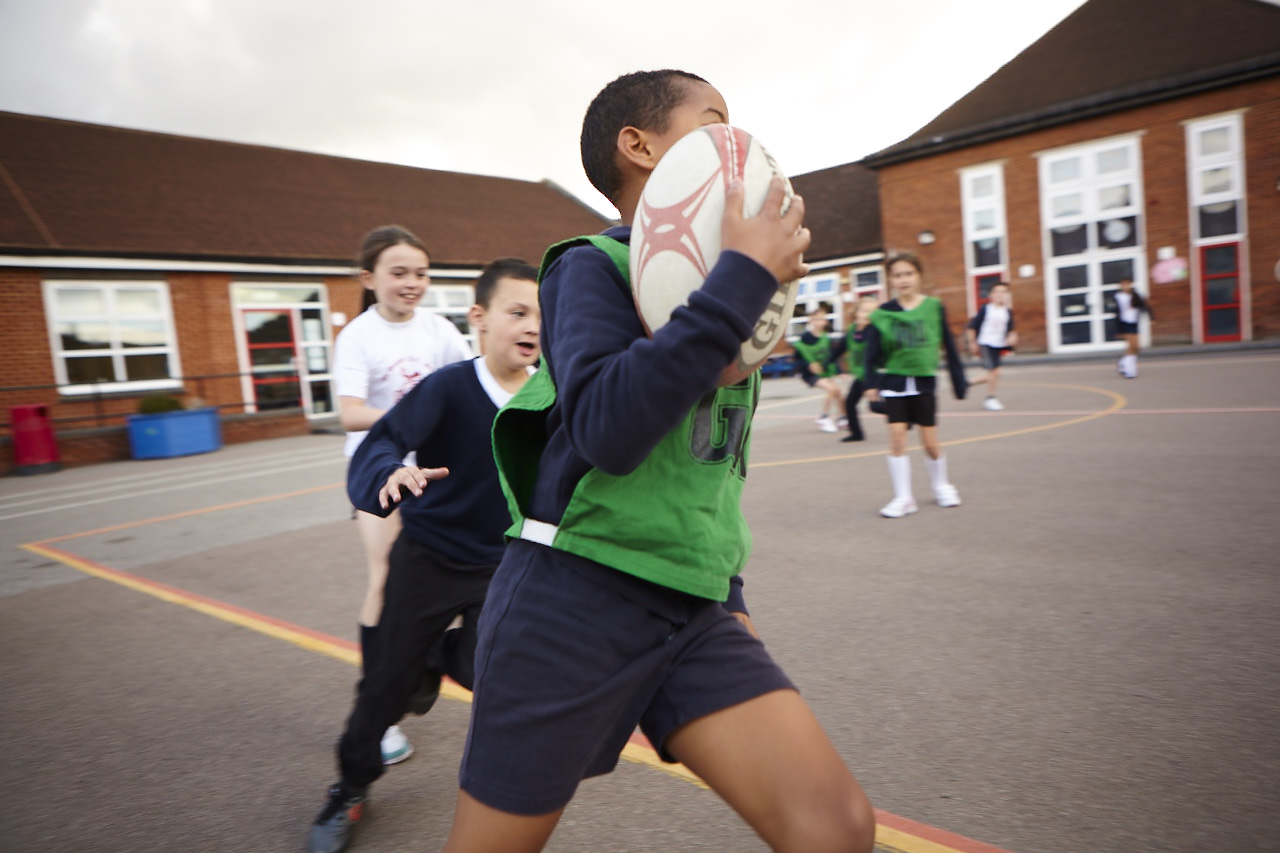
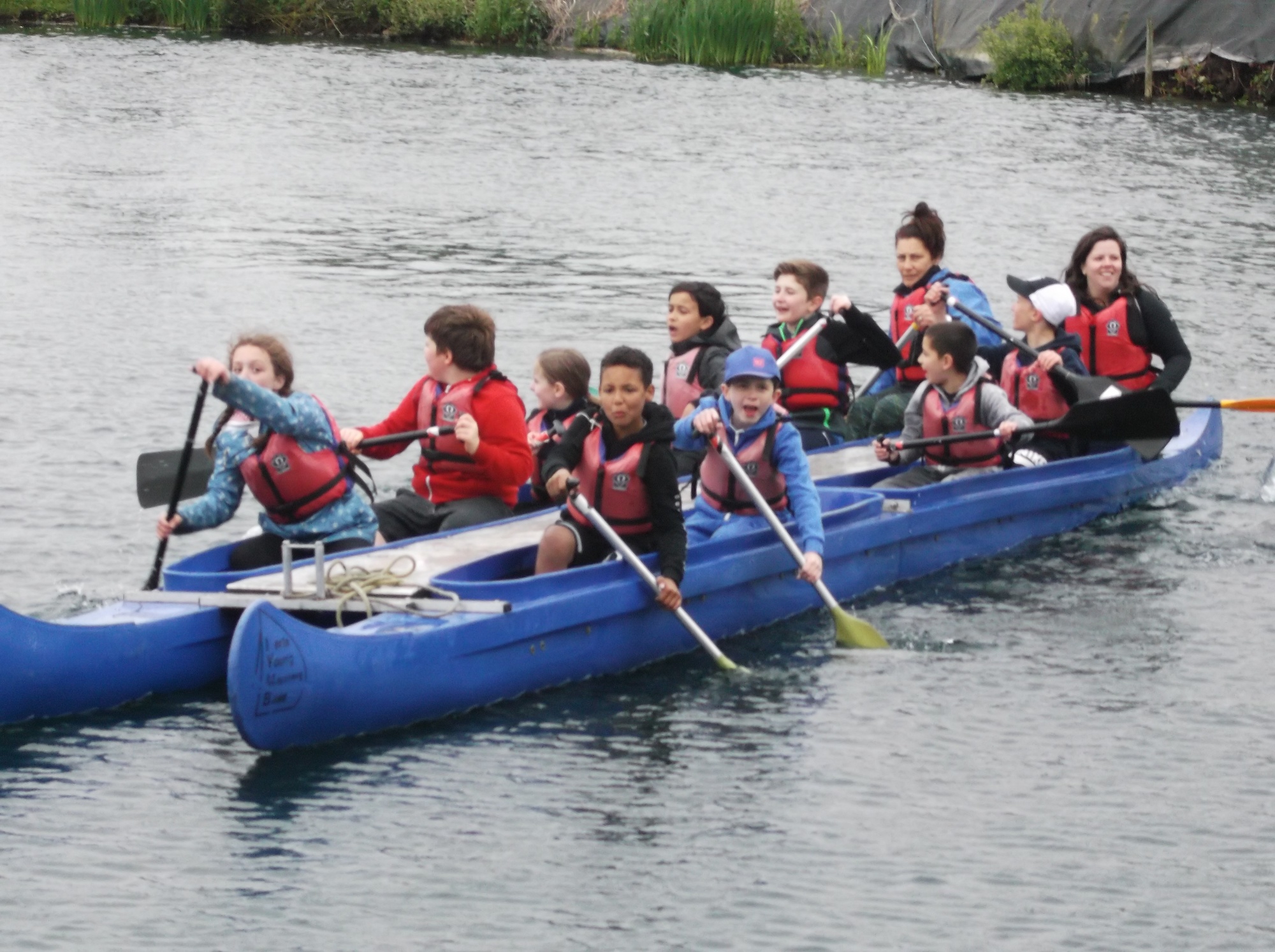
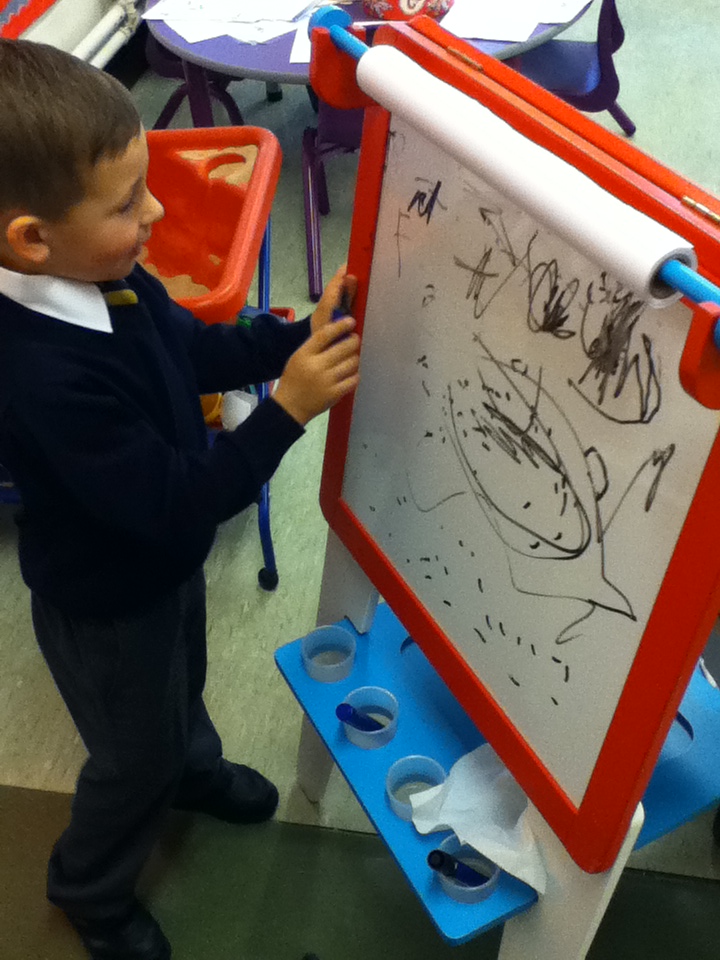
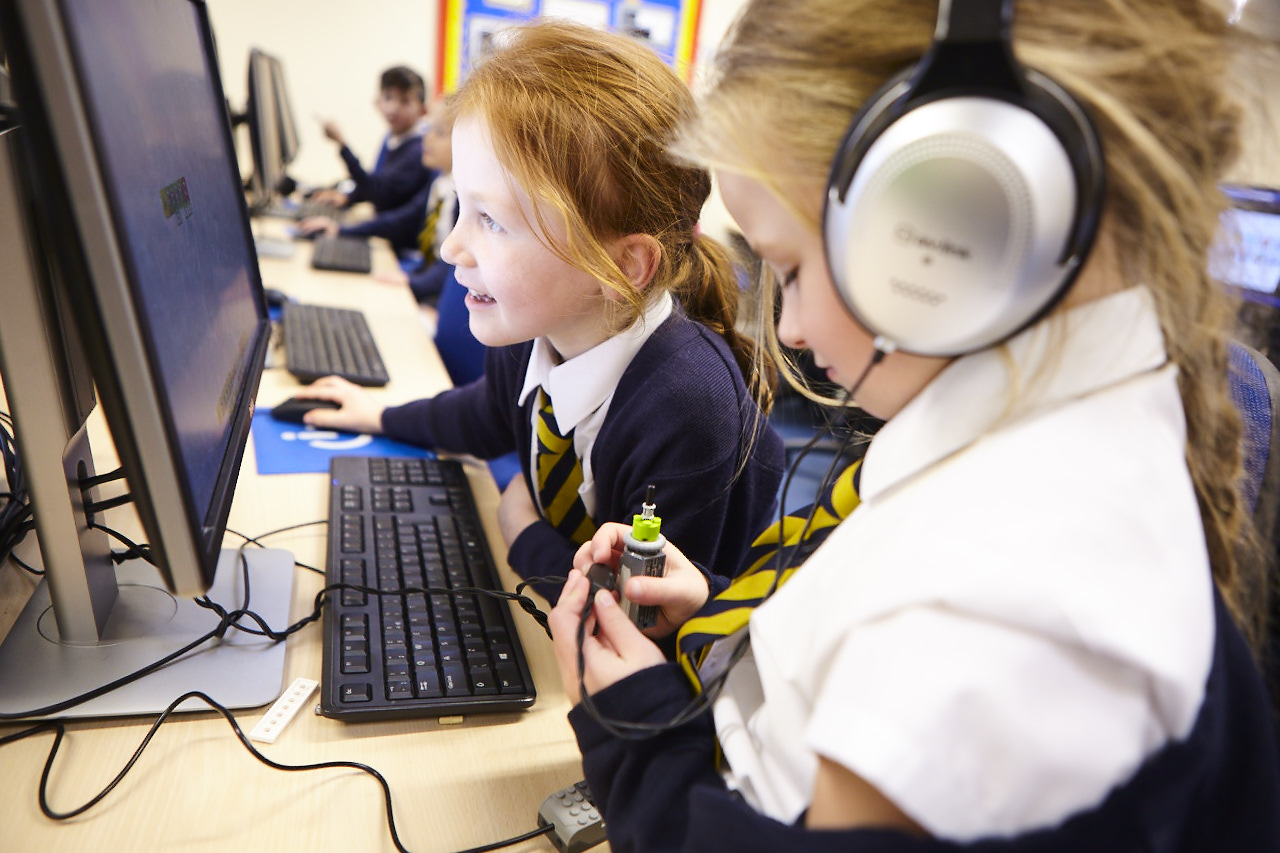
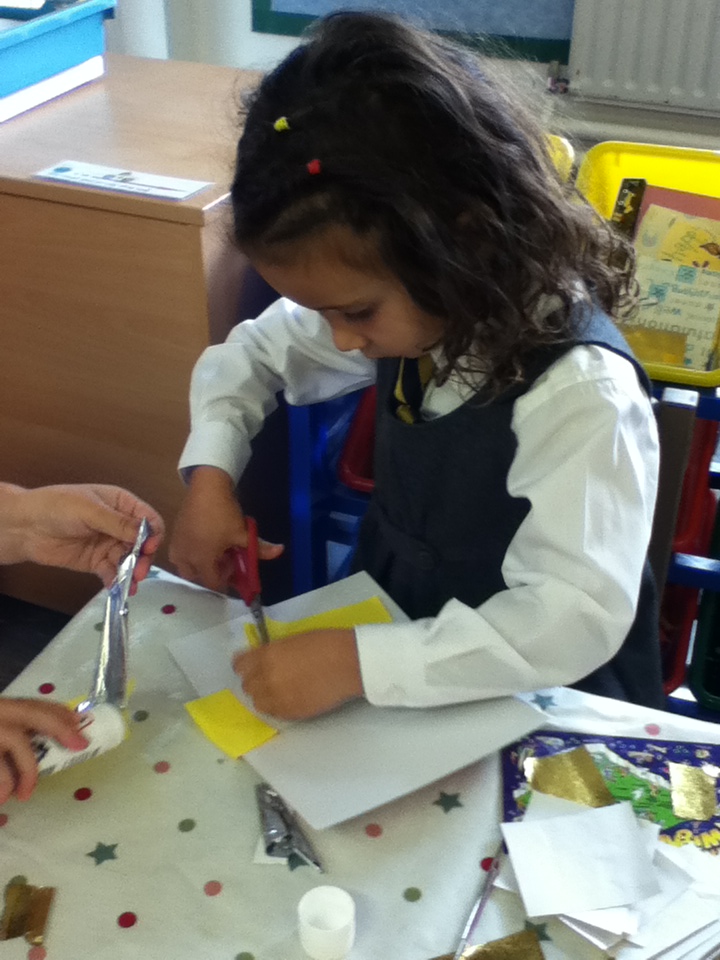

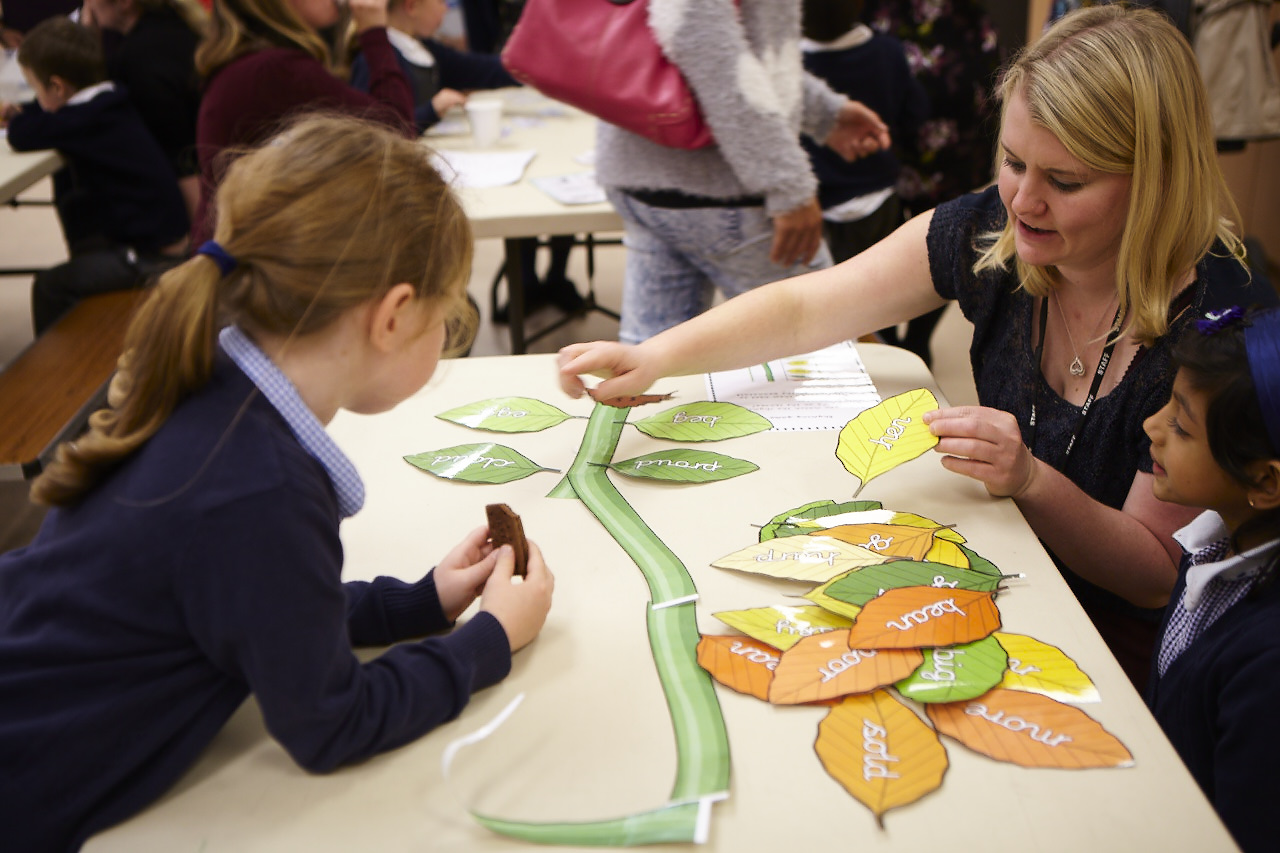
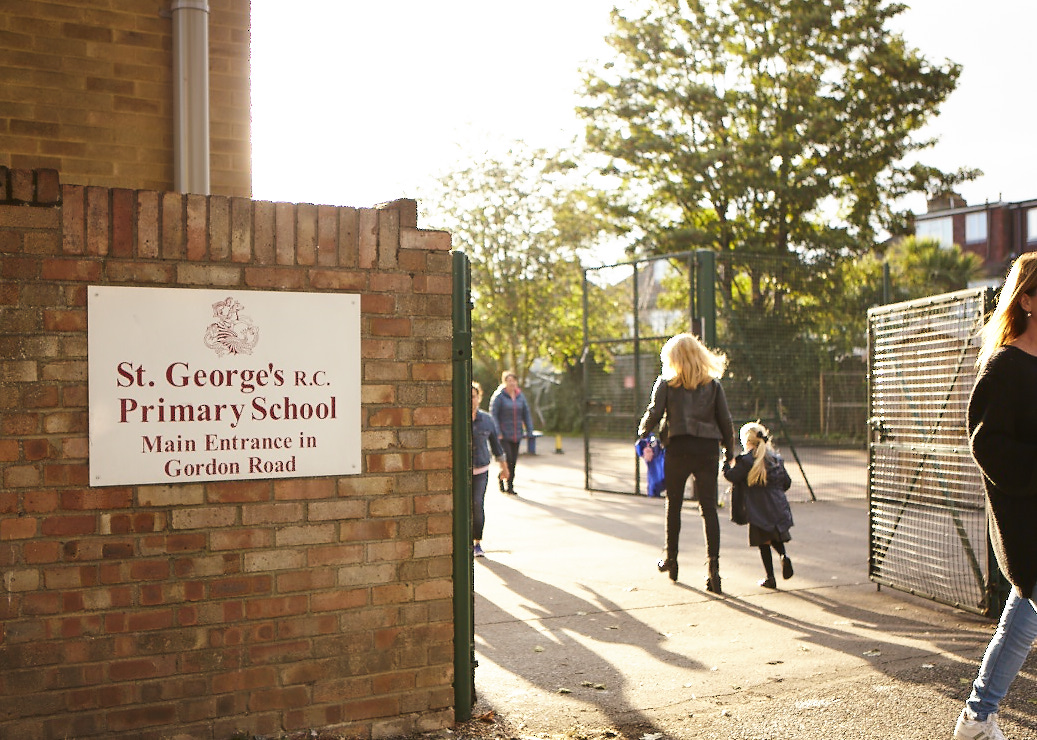
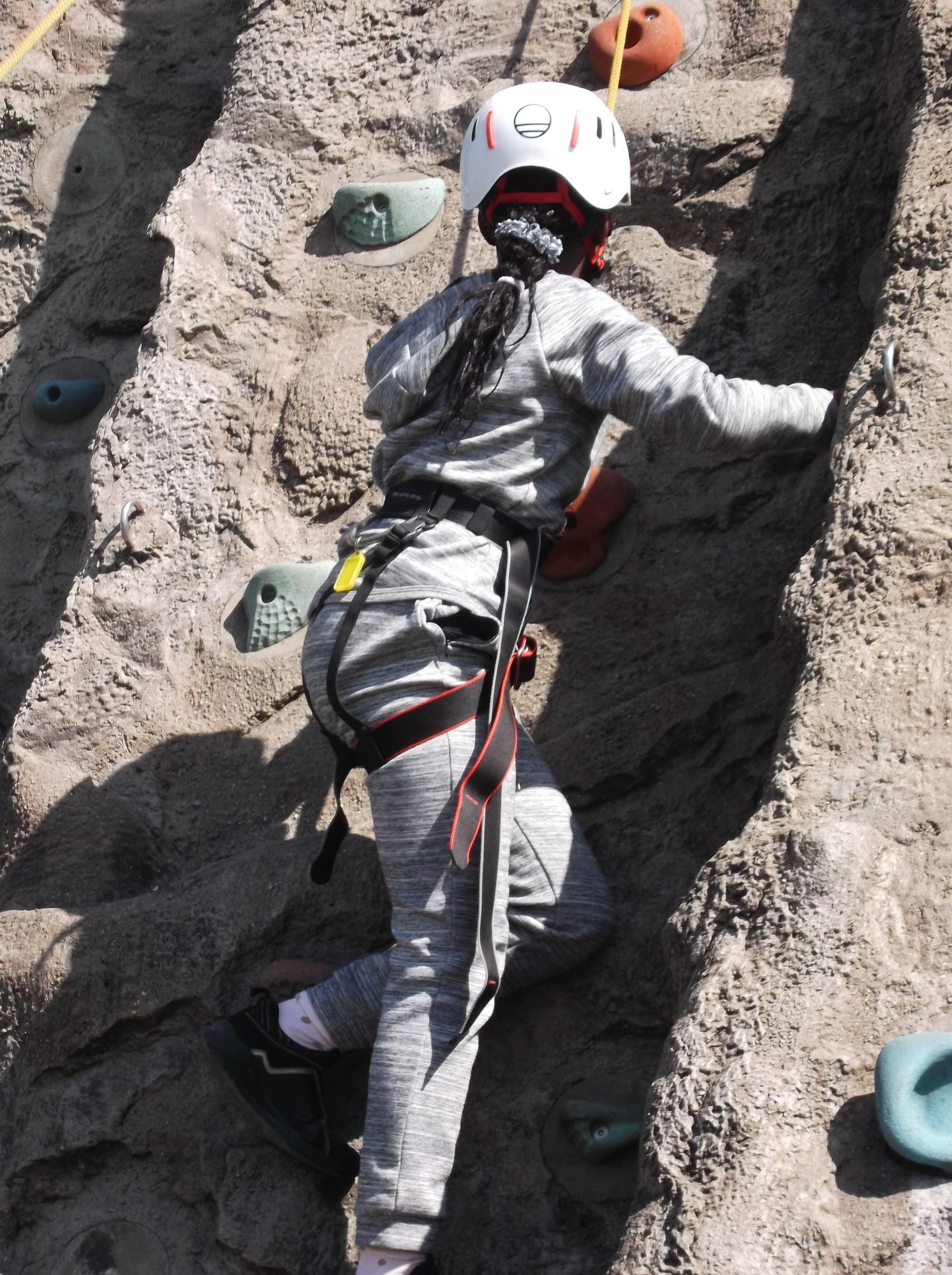
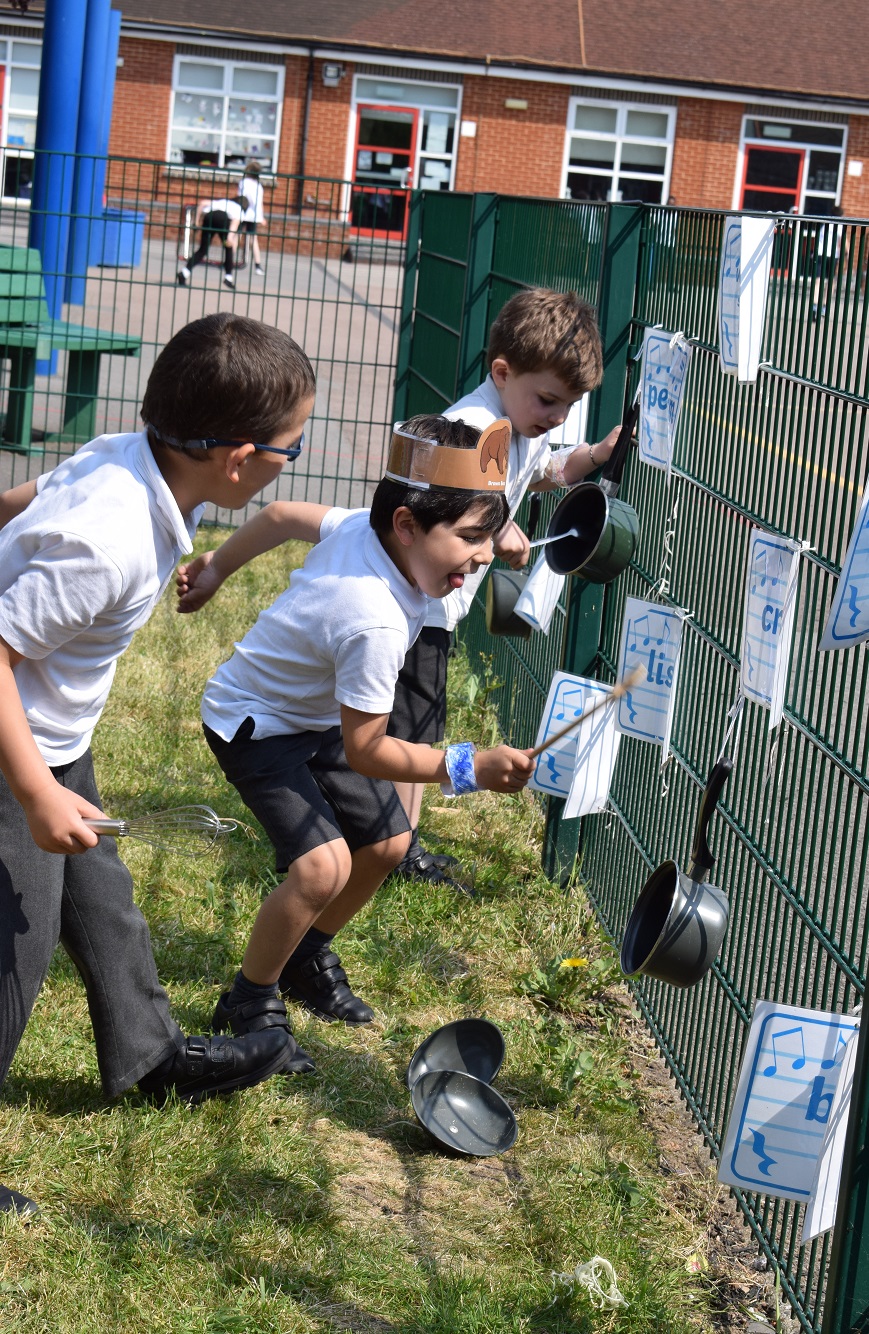
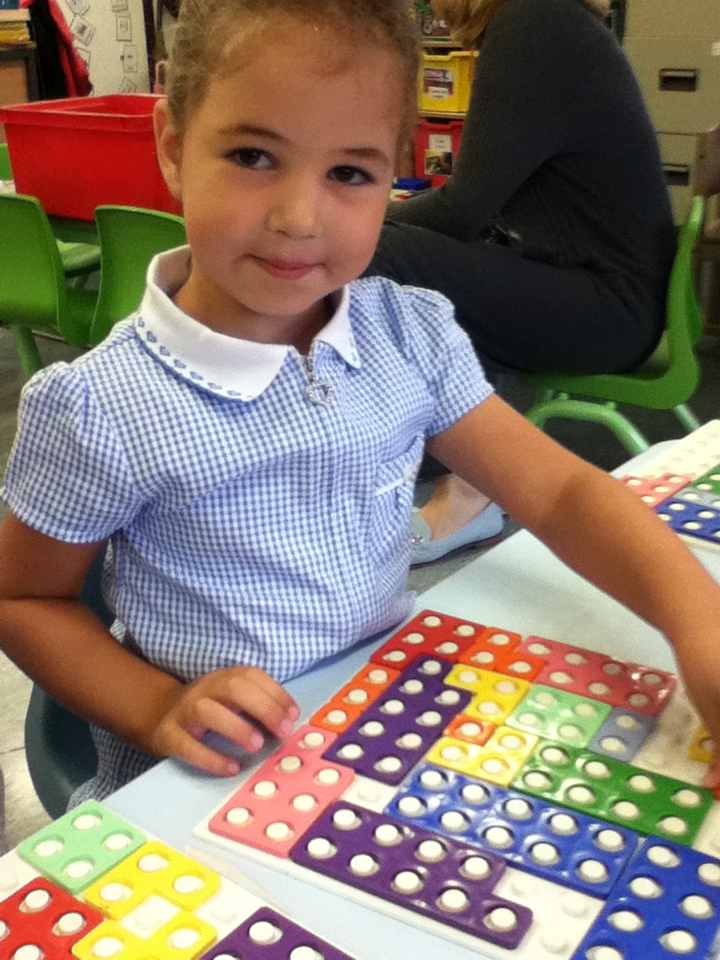
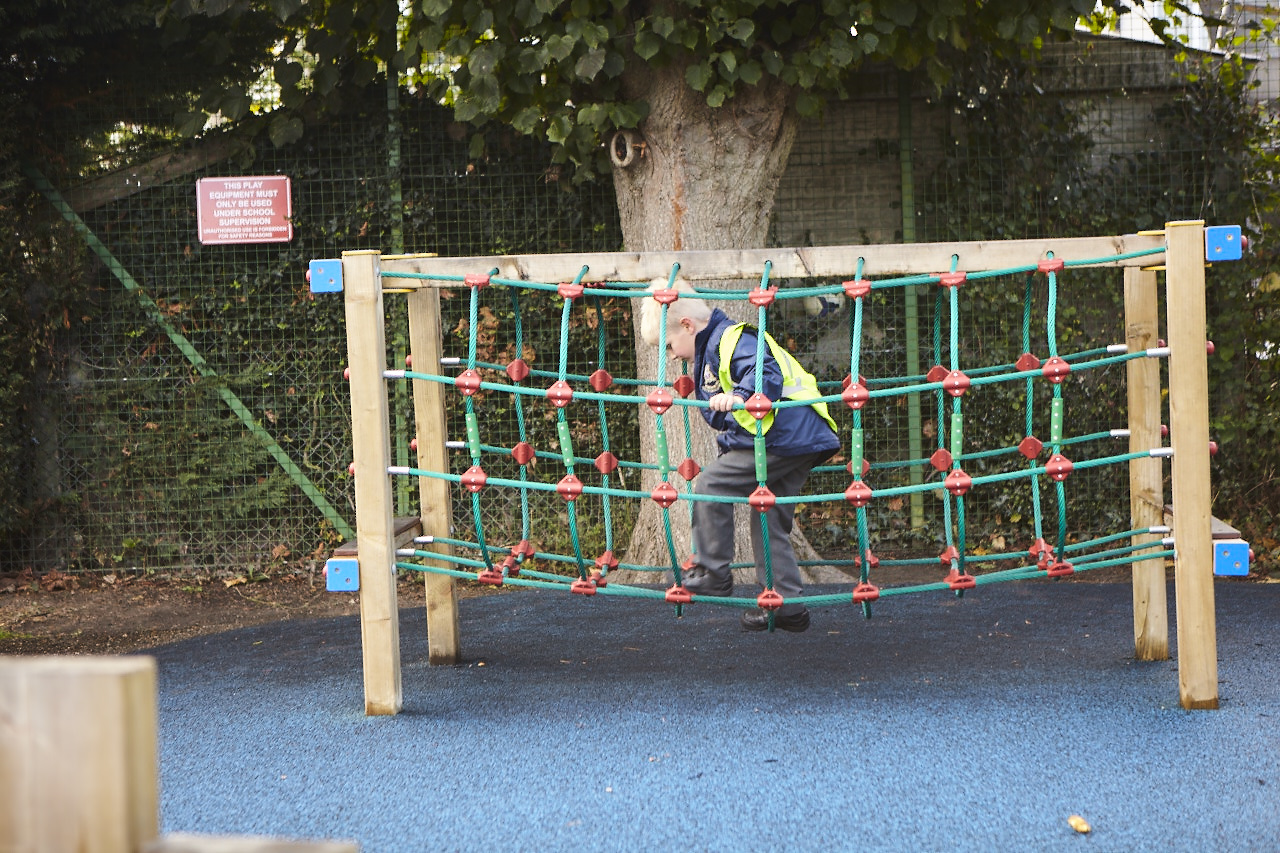
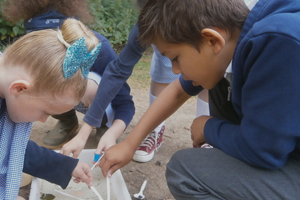
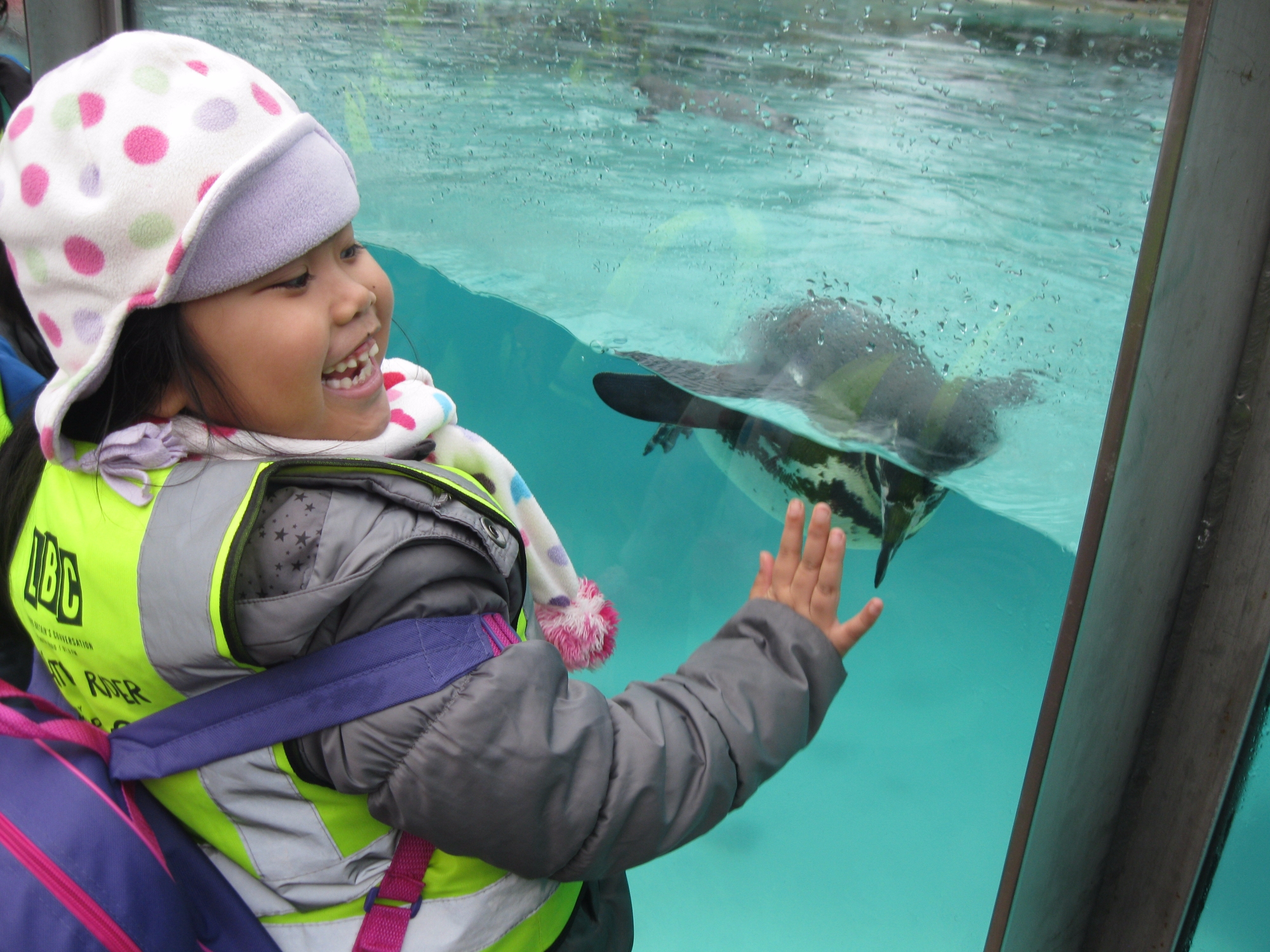
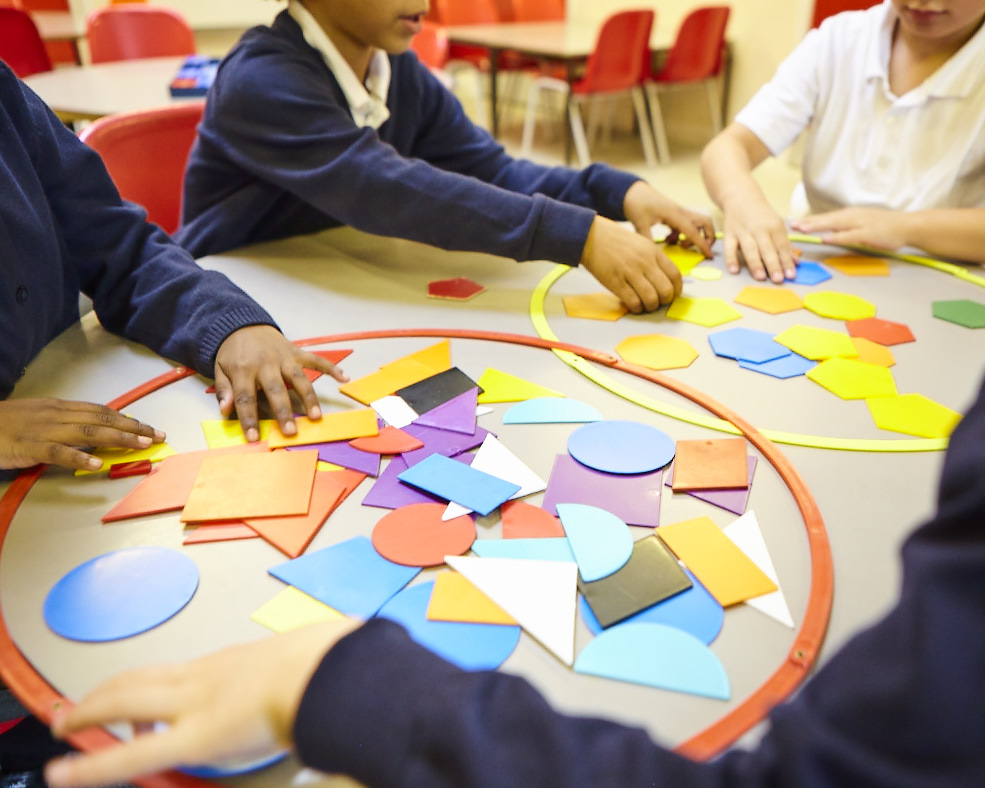
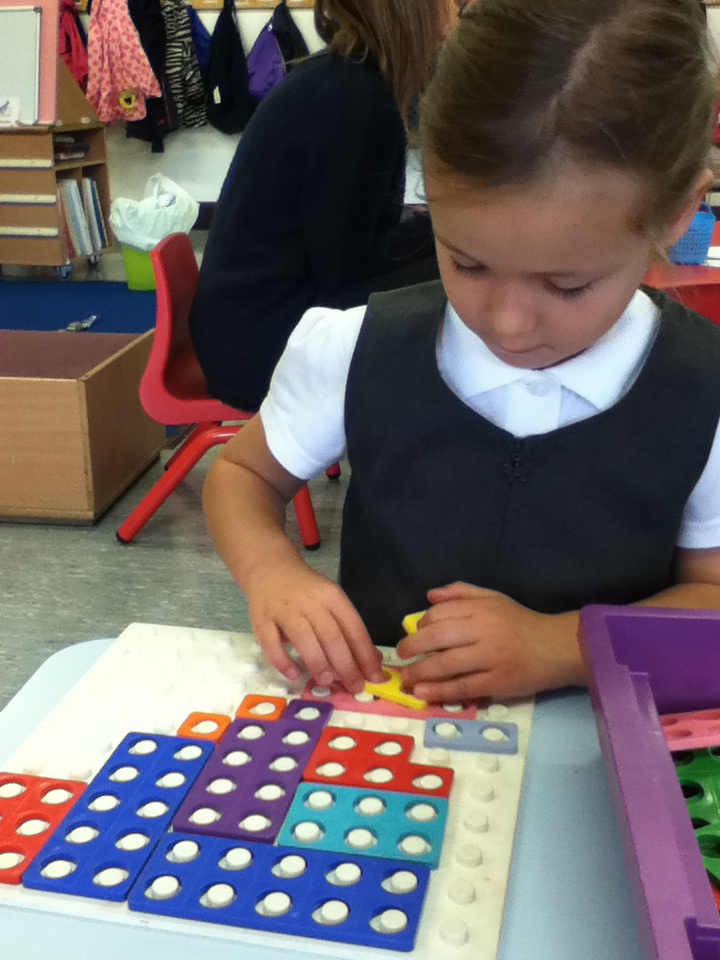

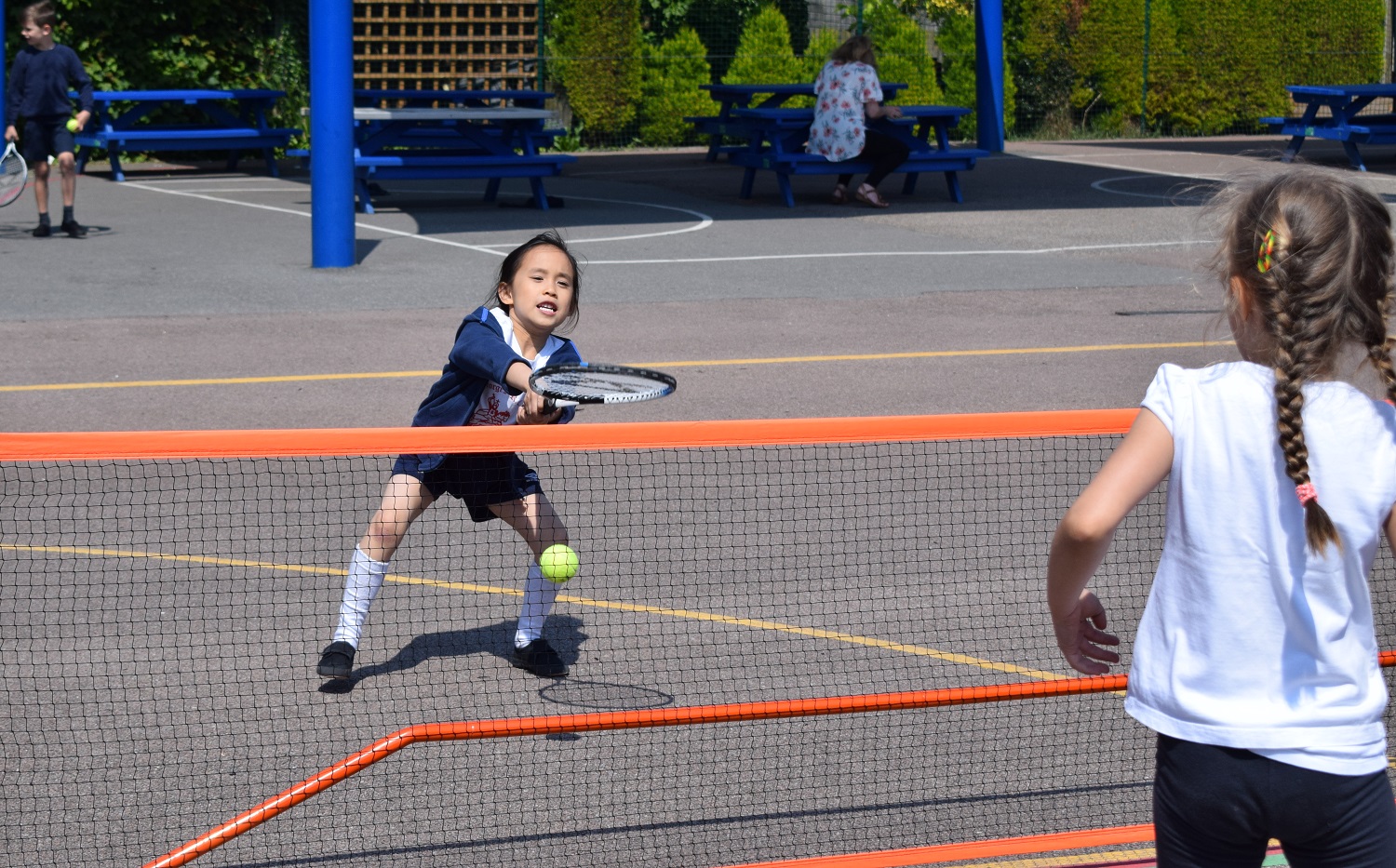
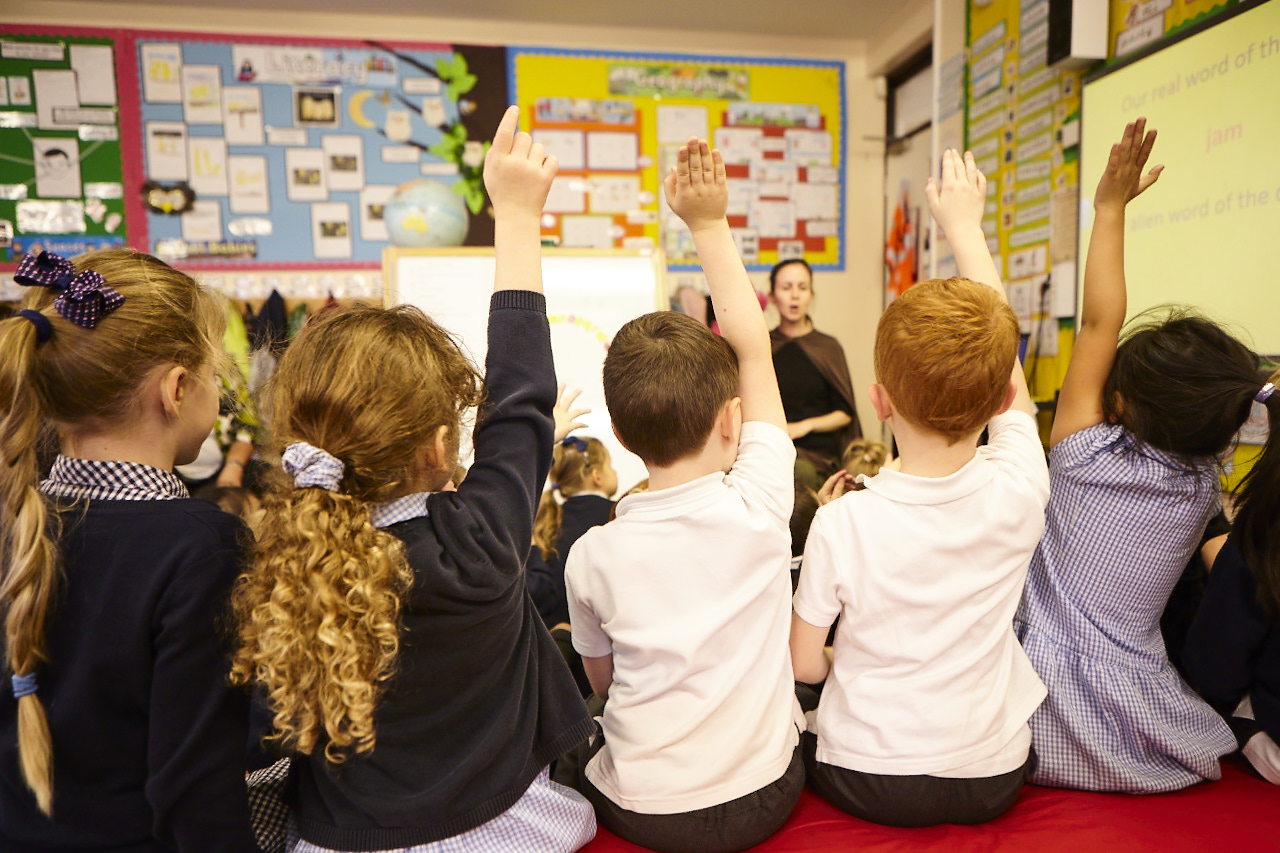
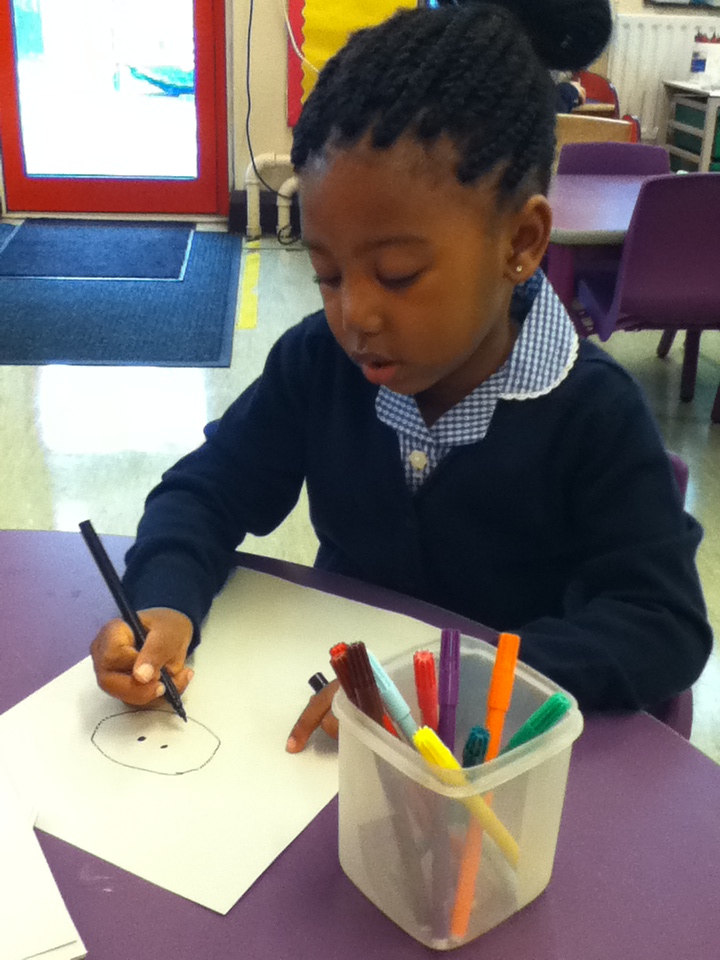
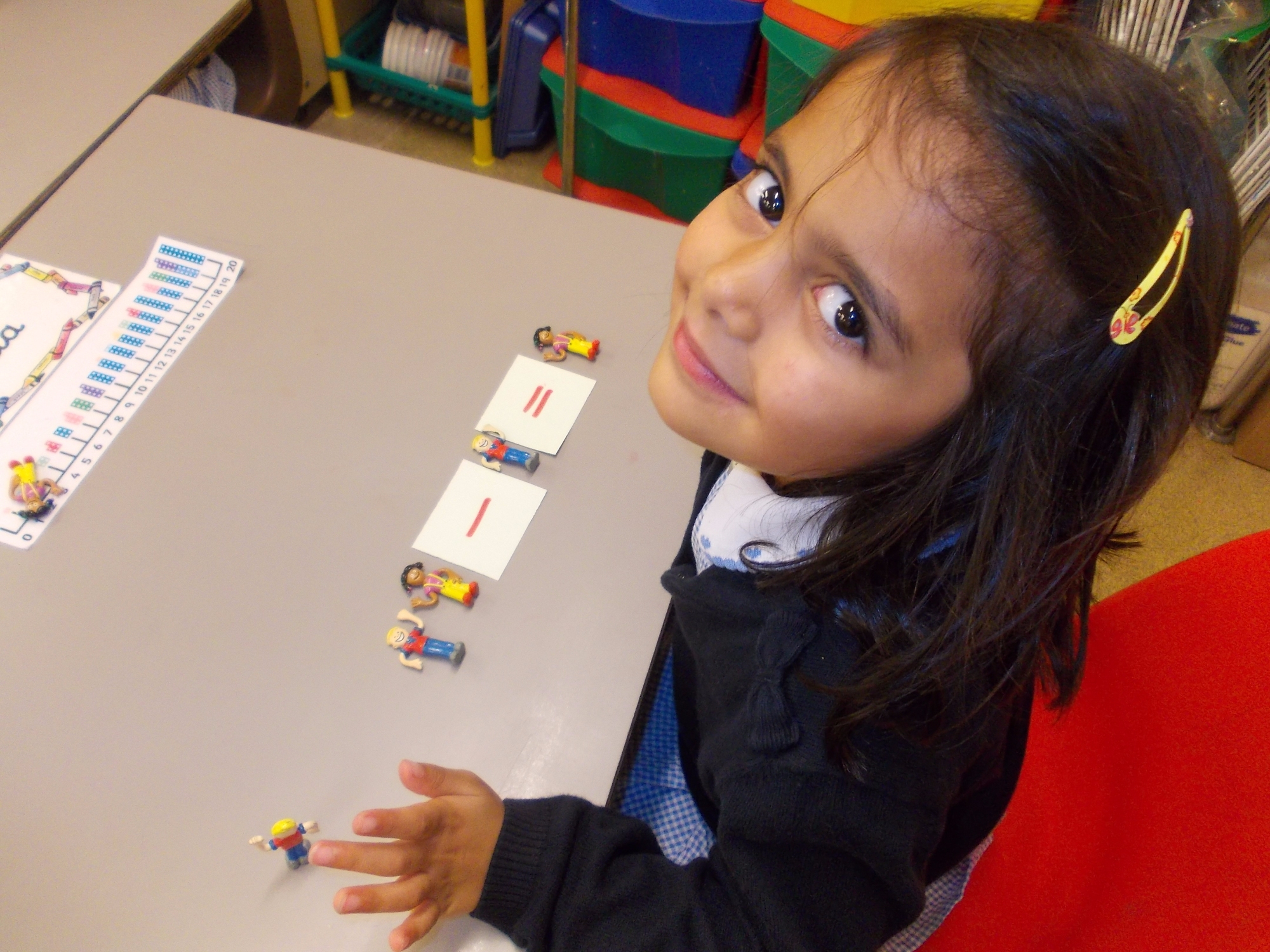
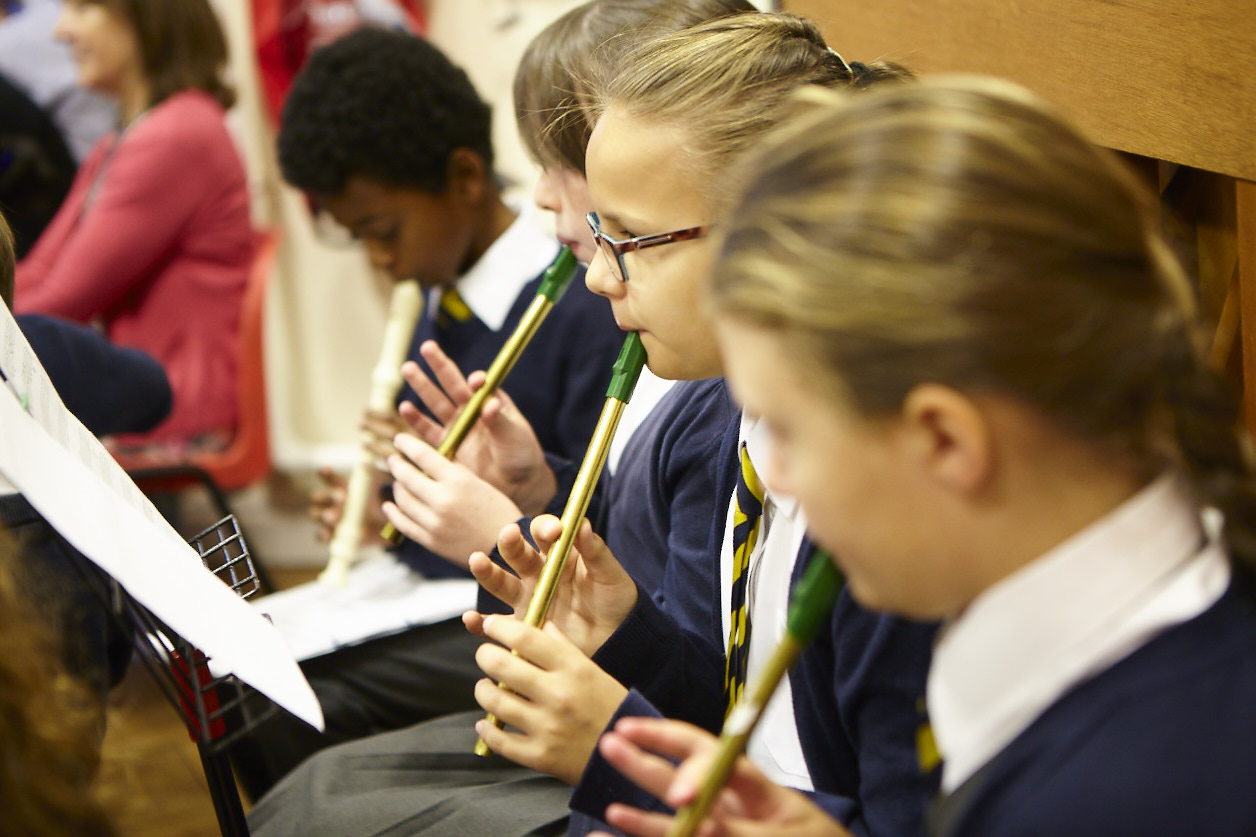

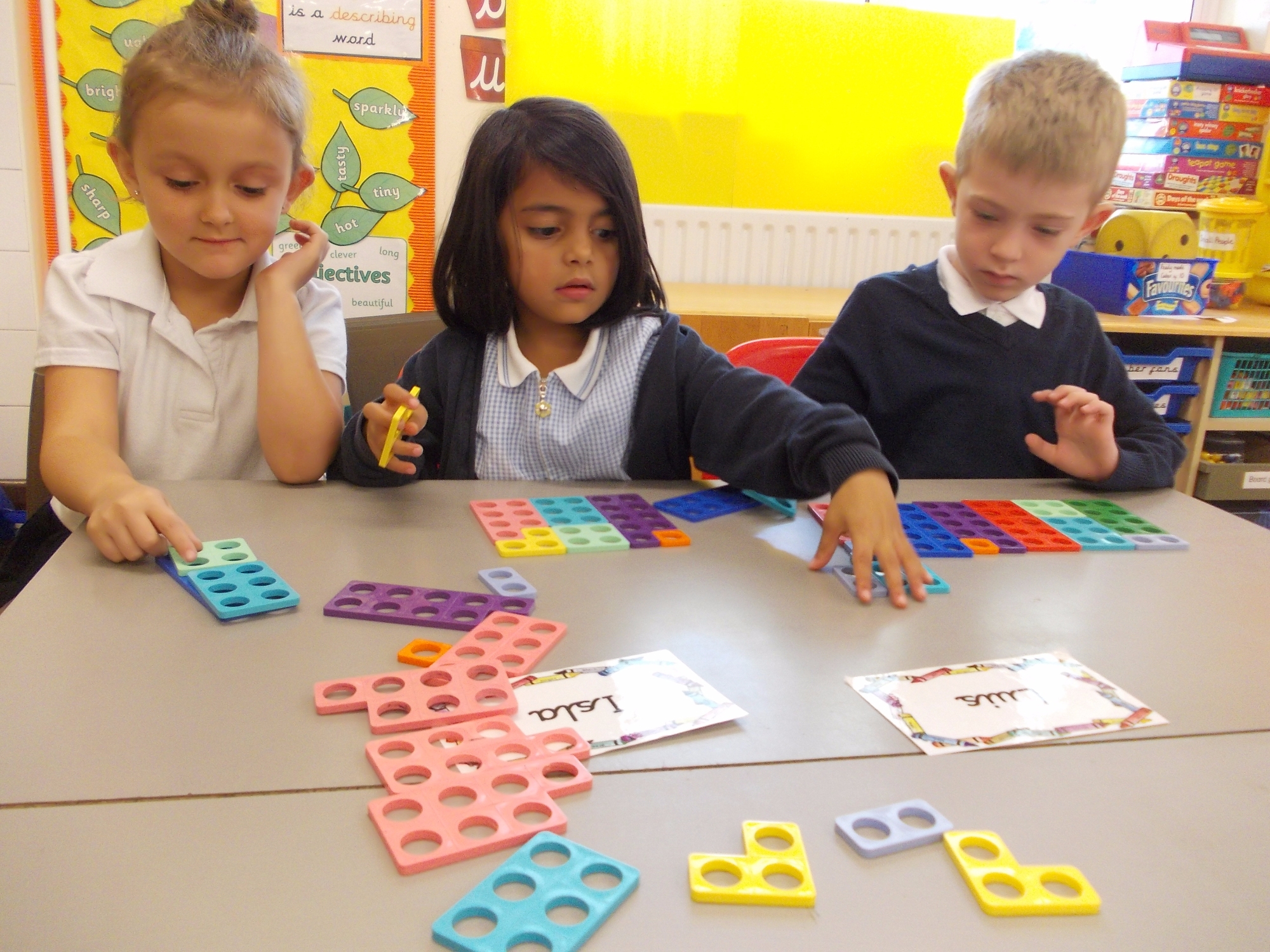 ''
''









